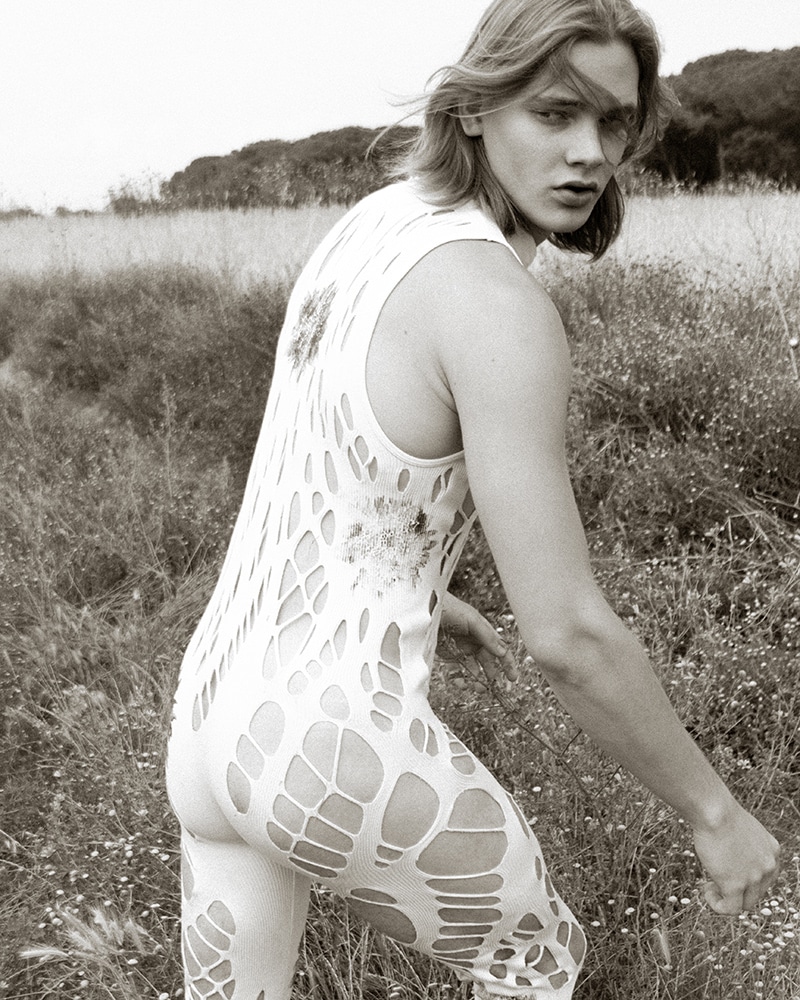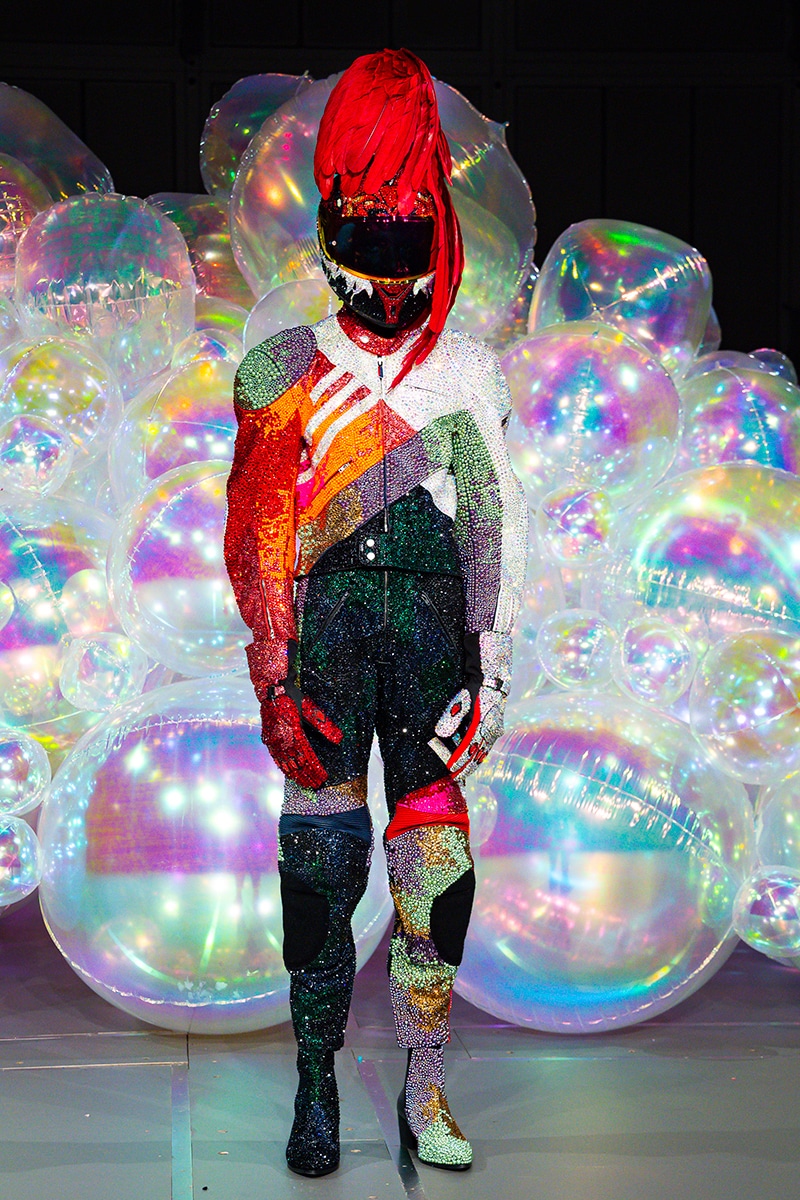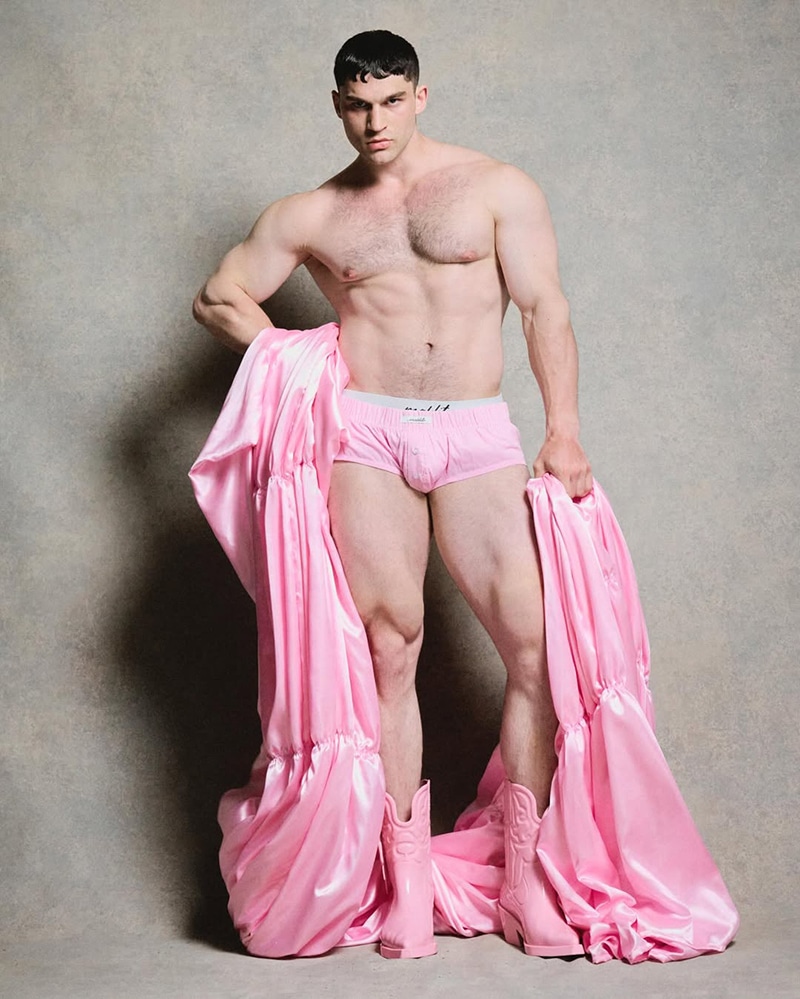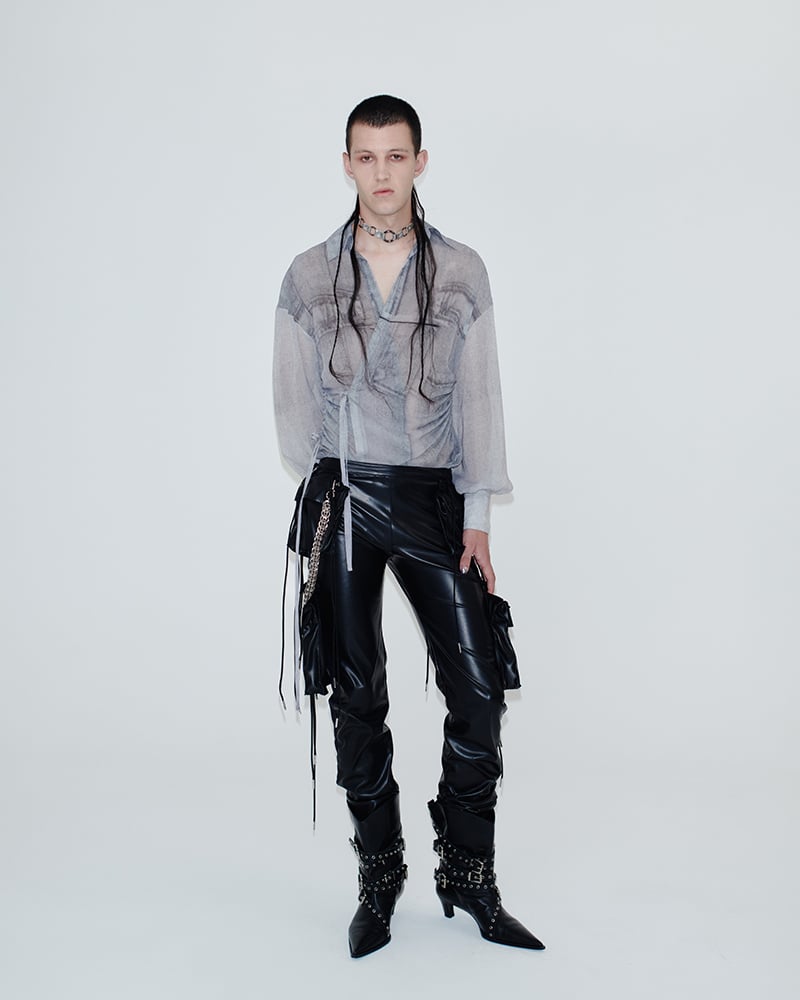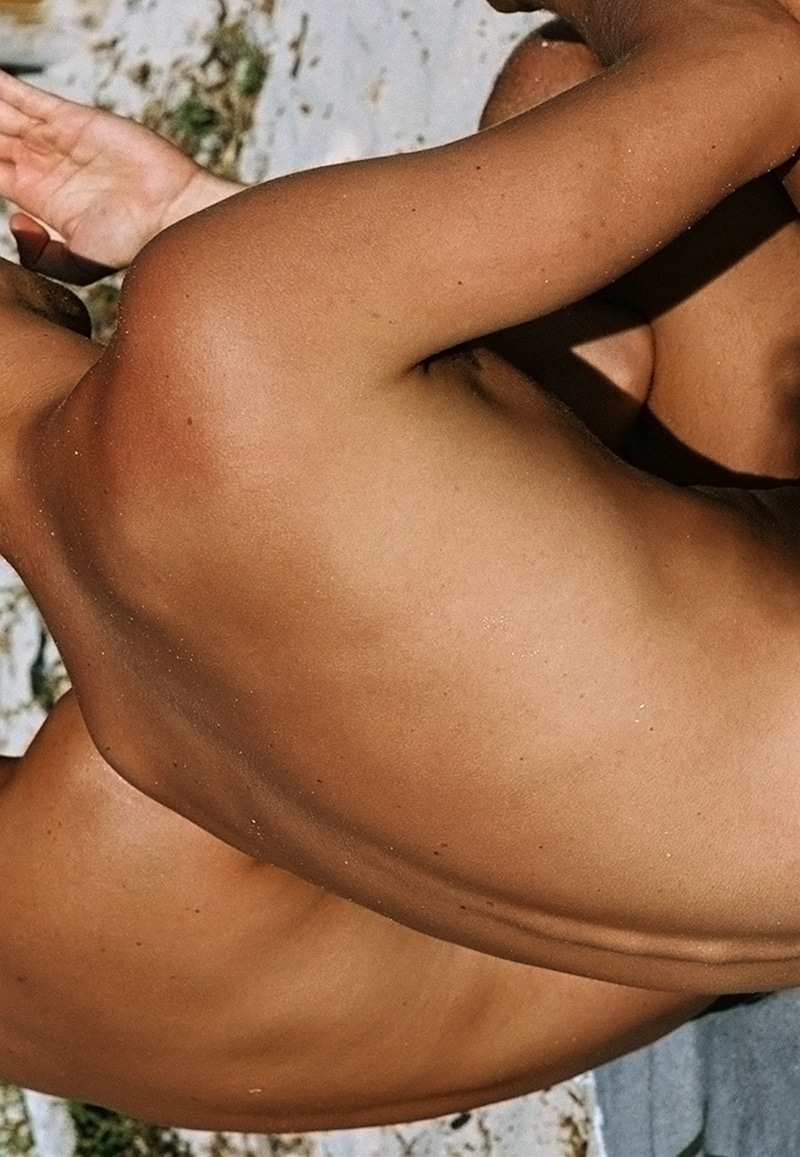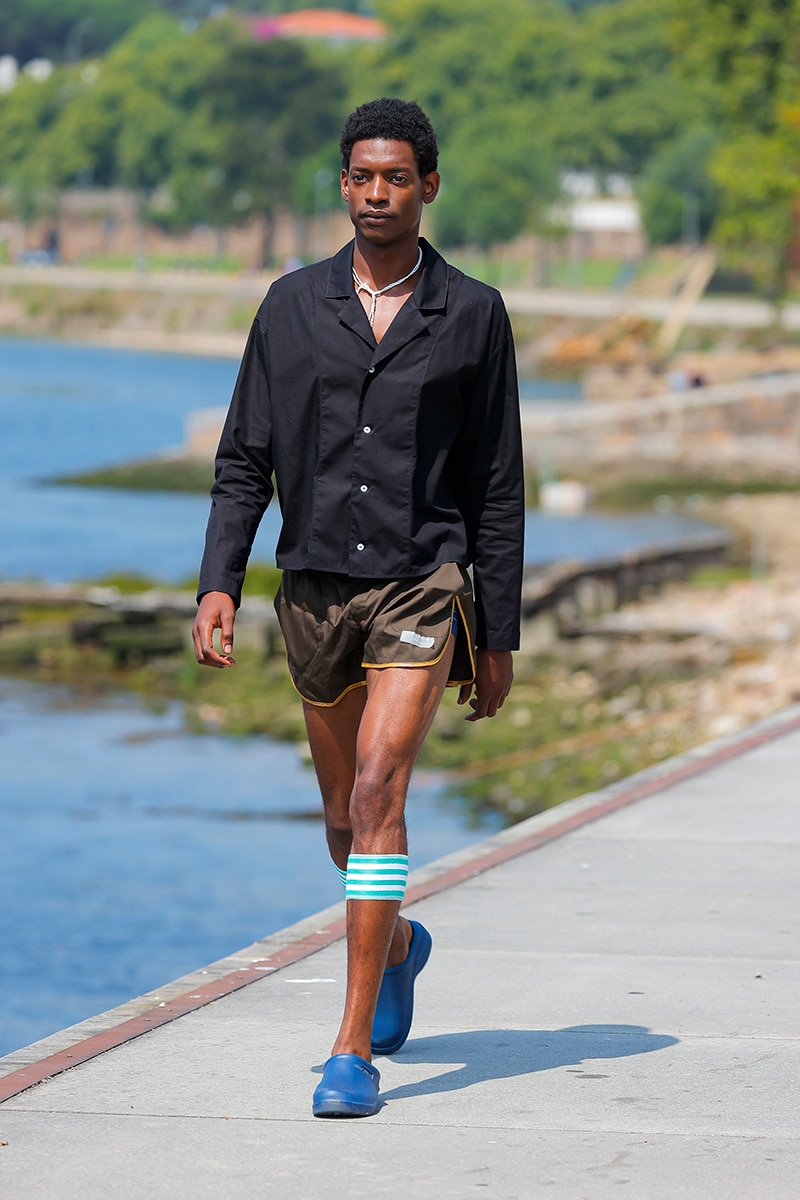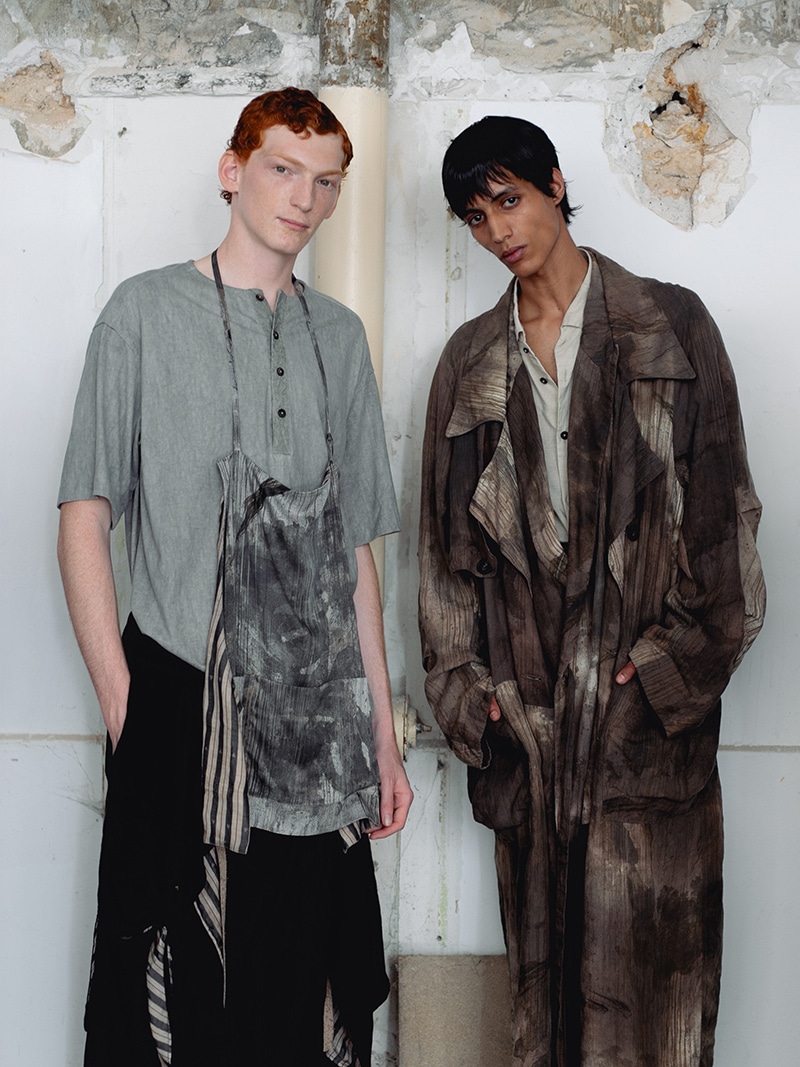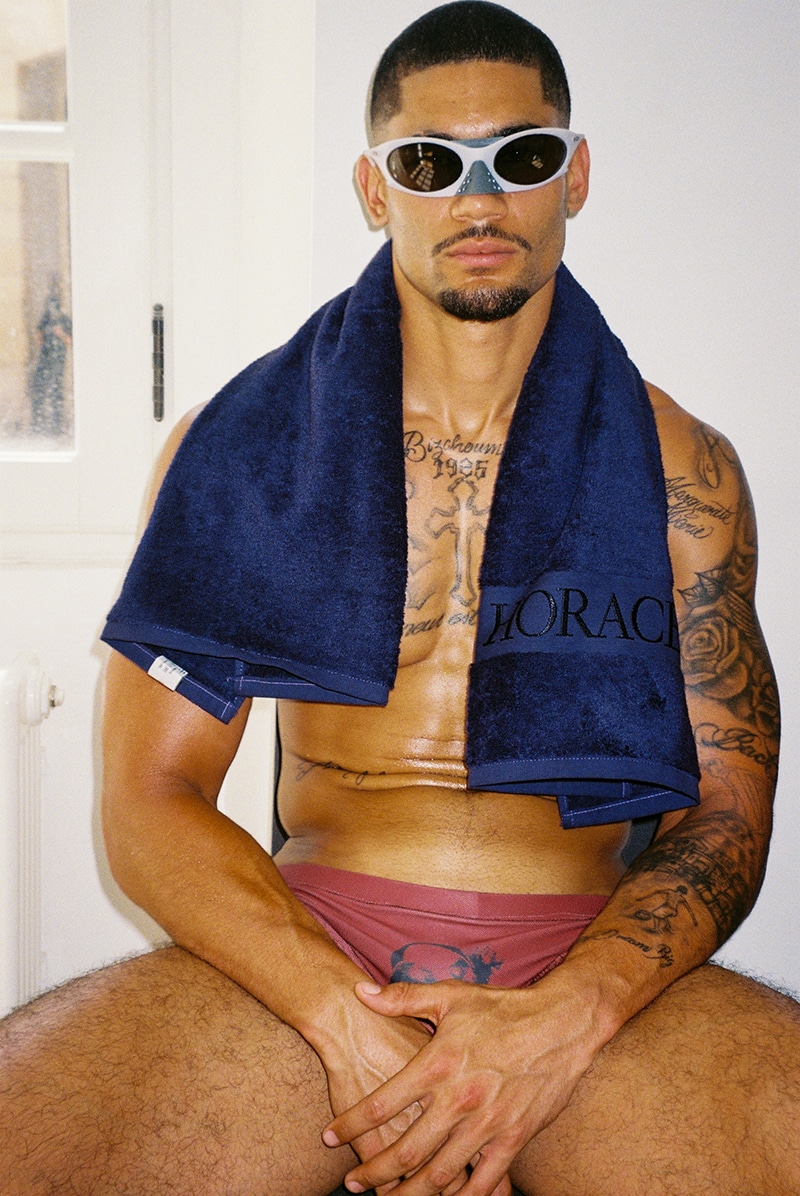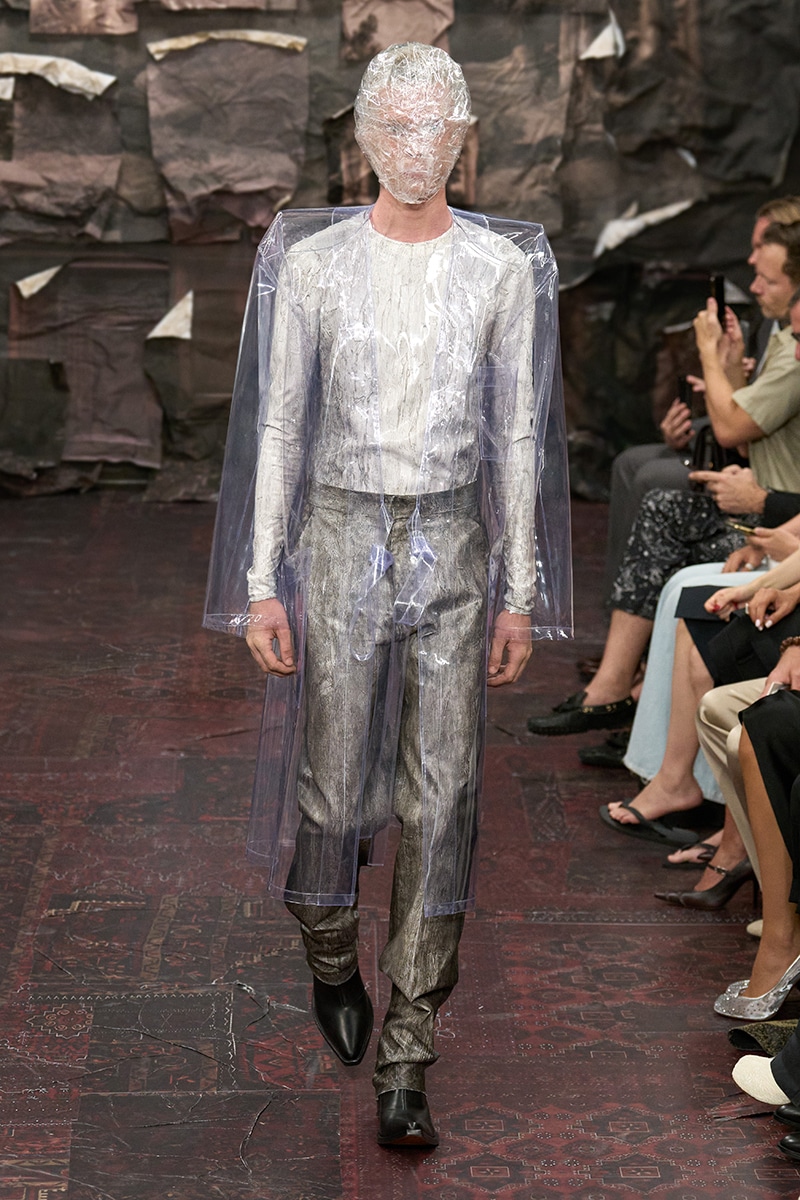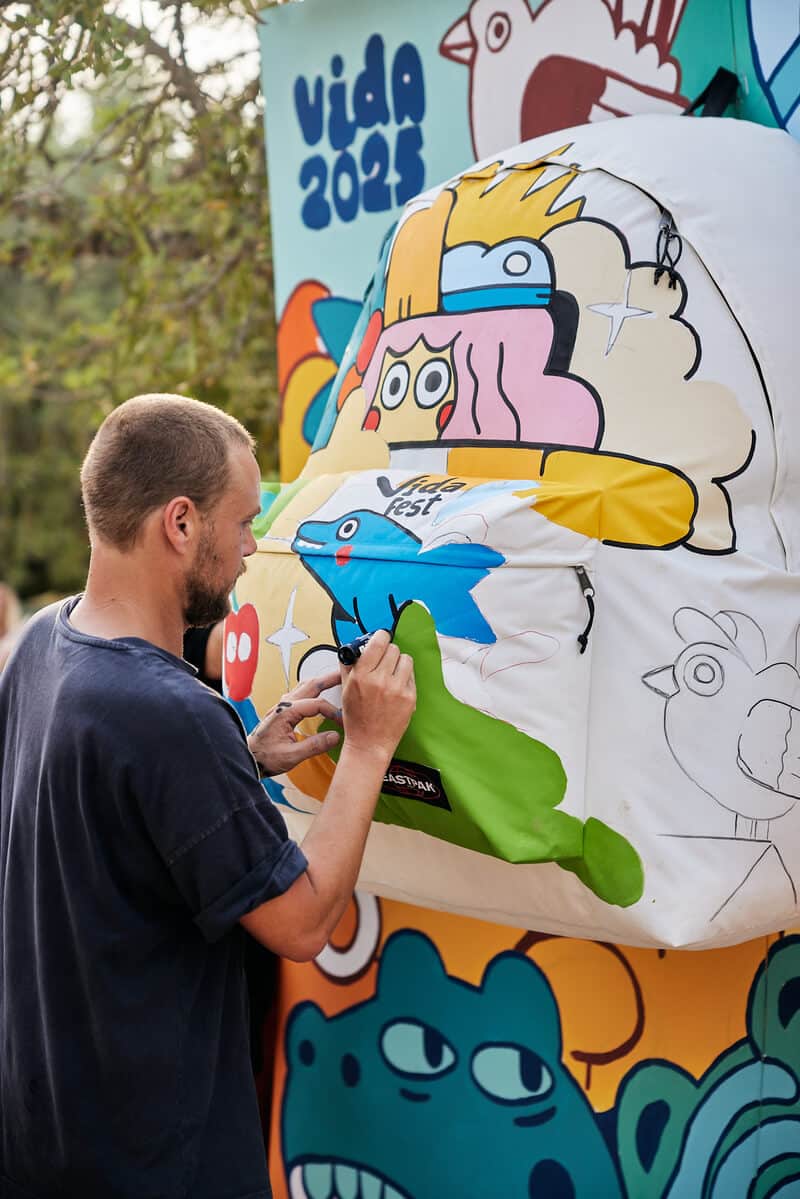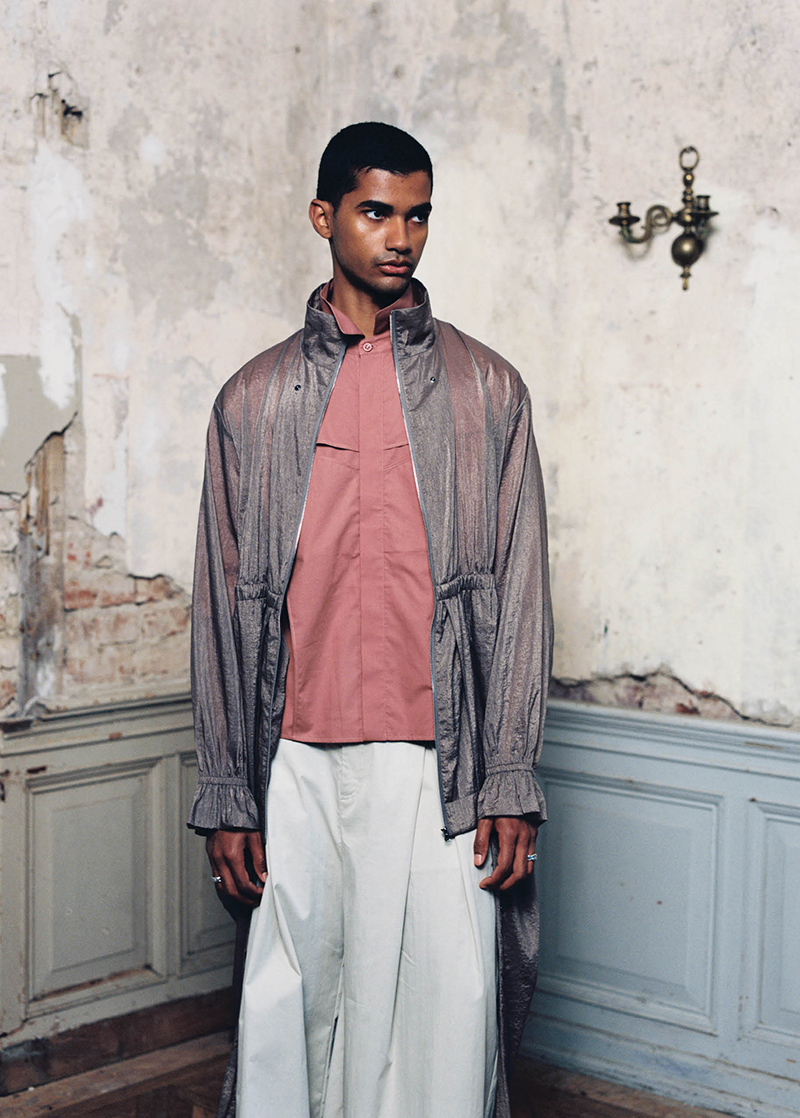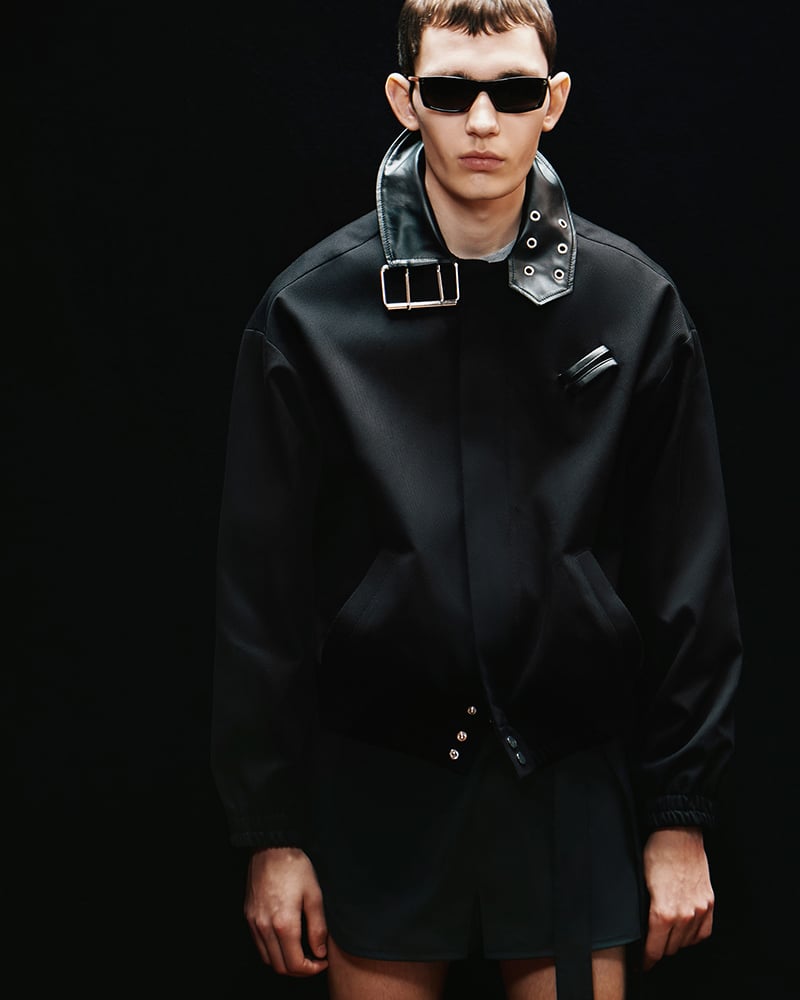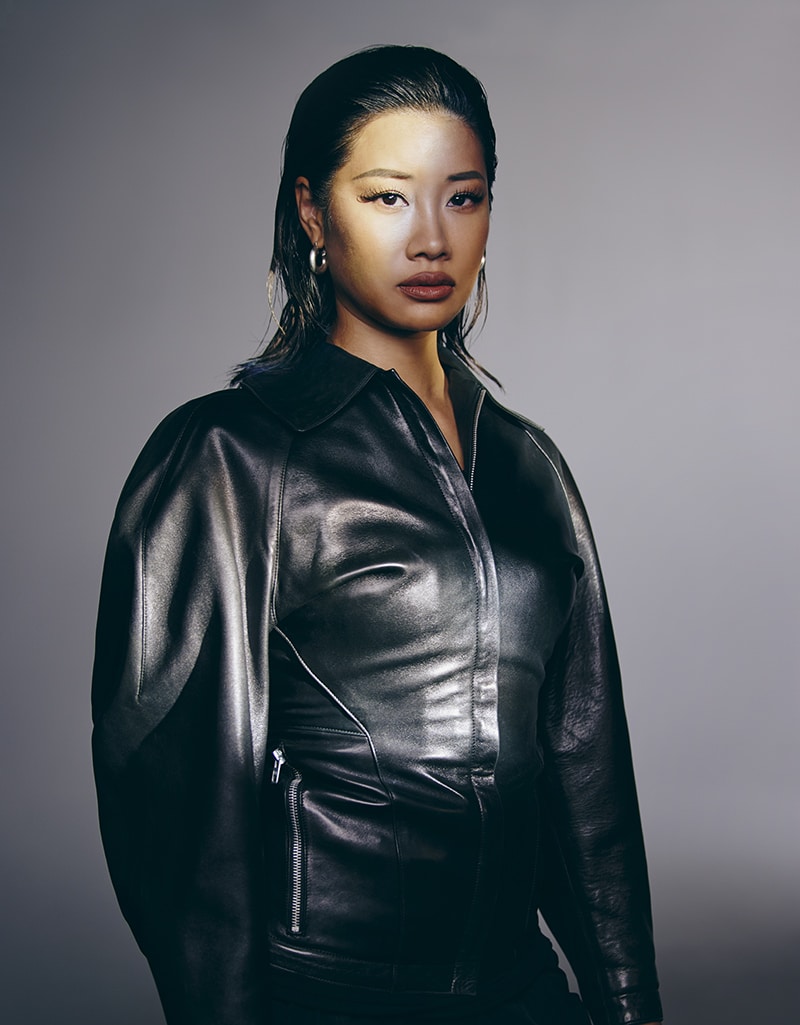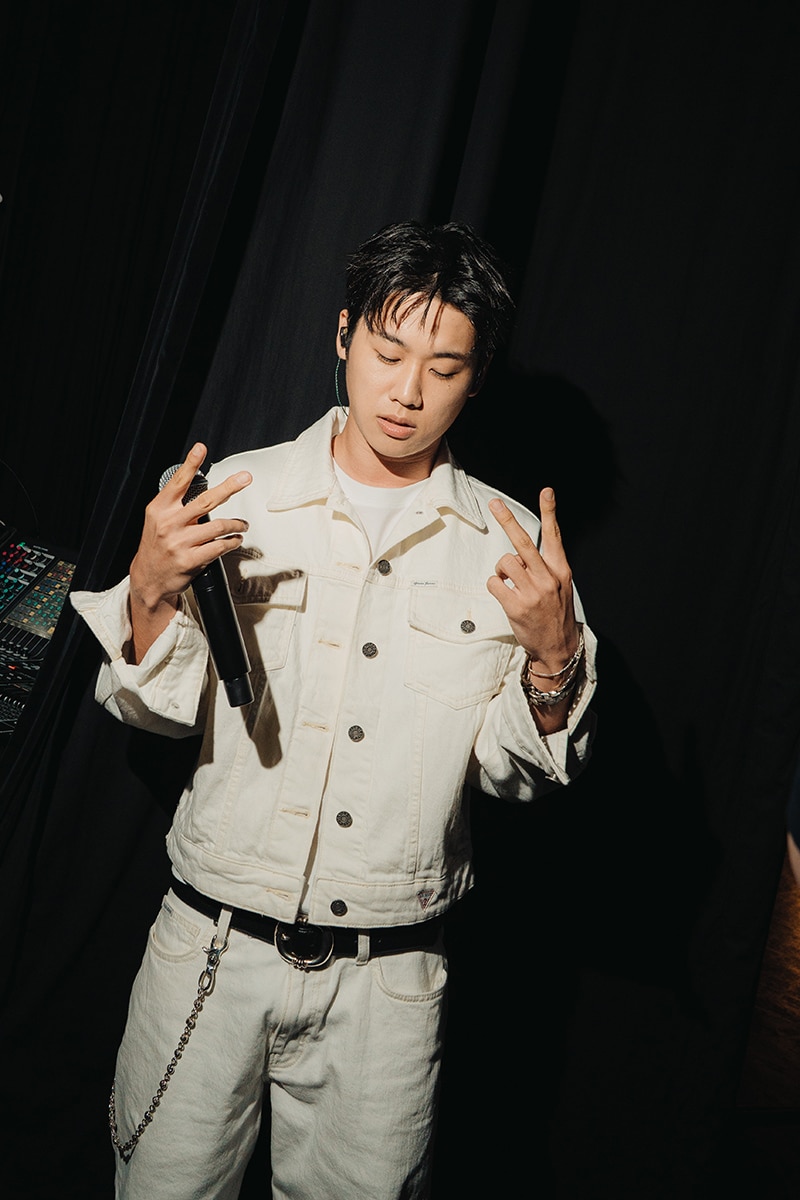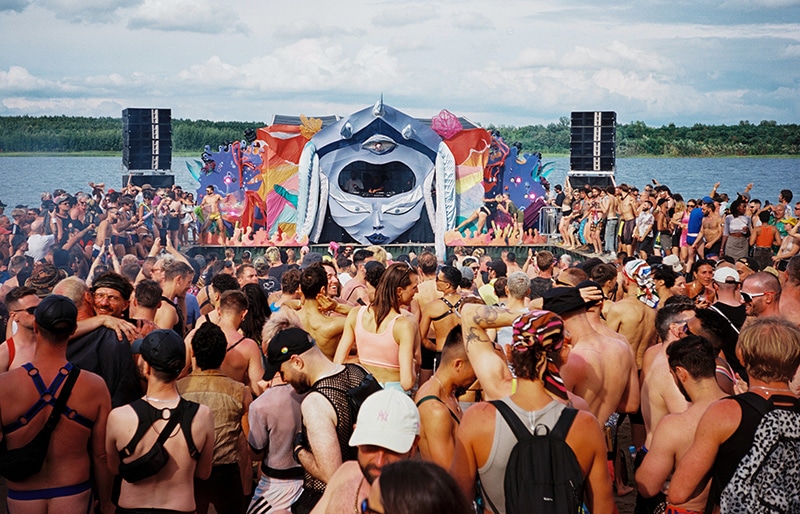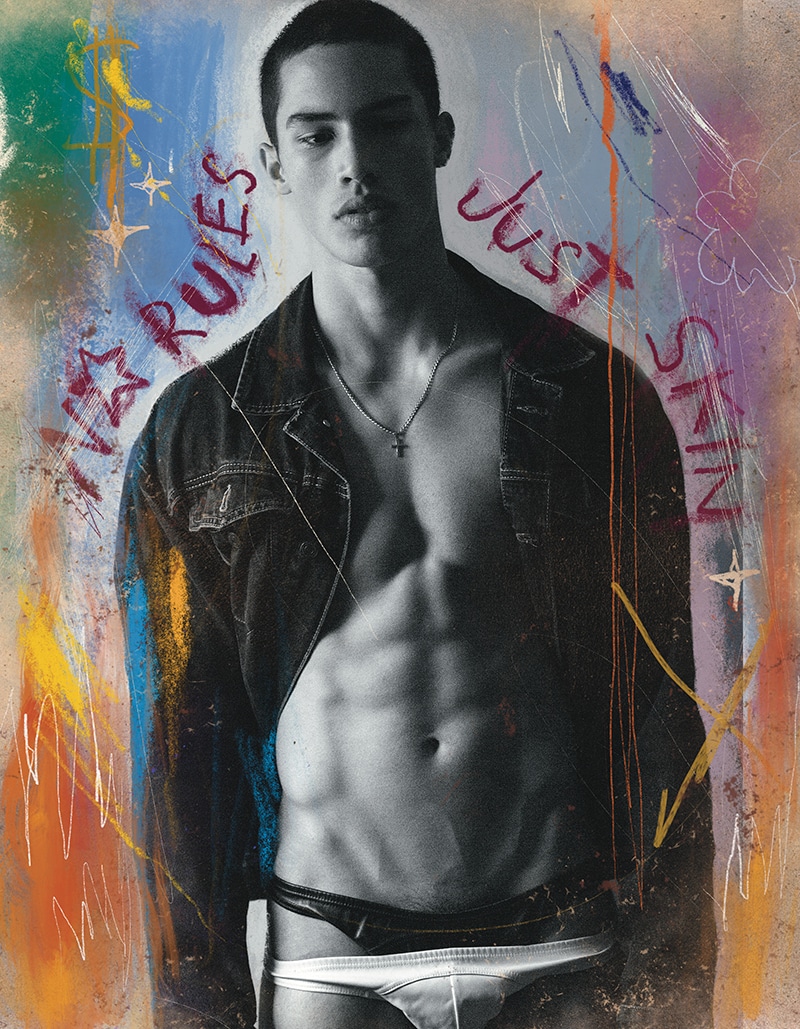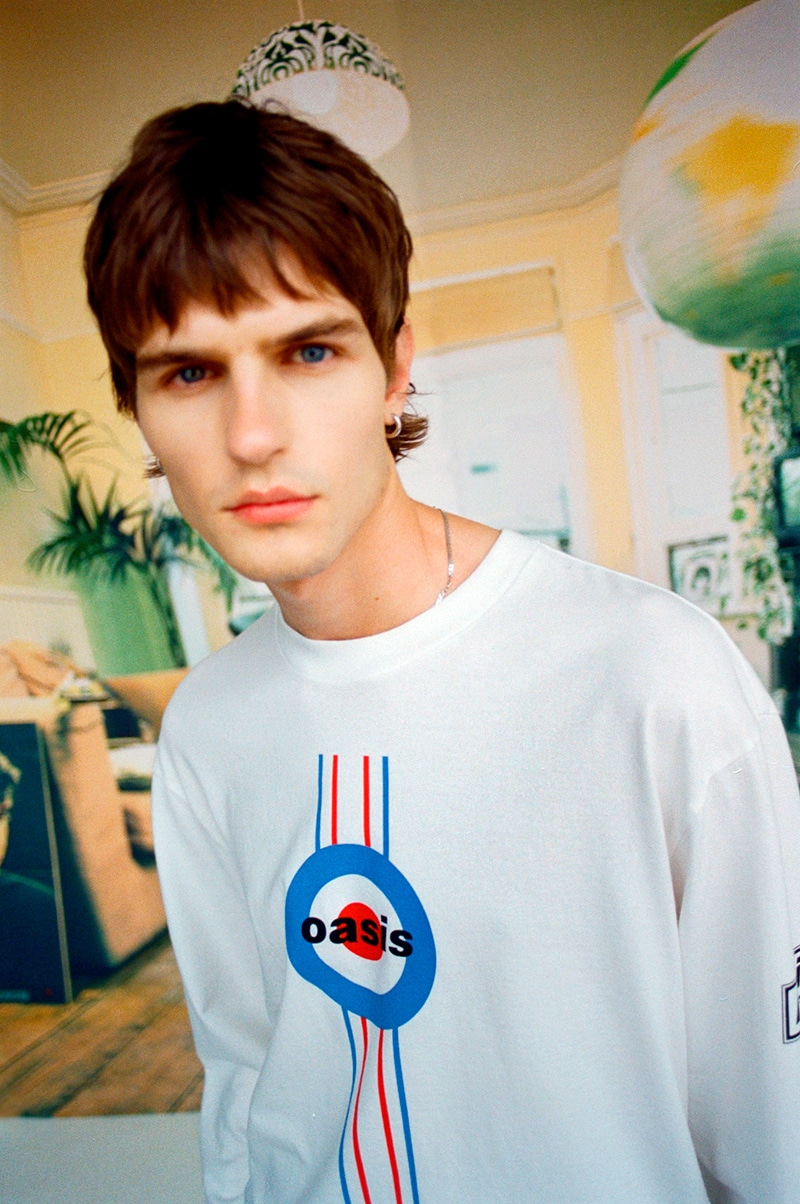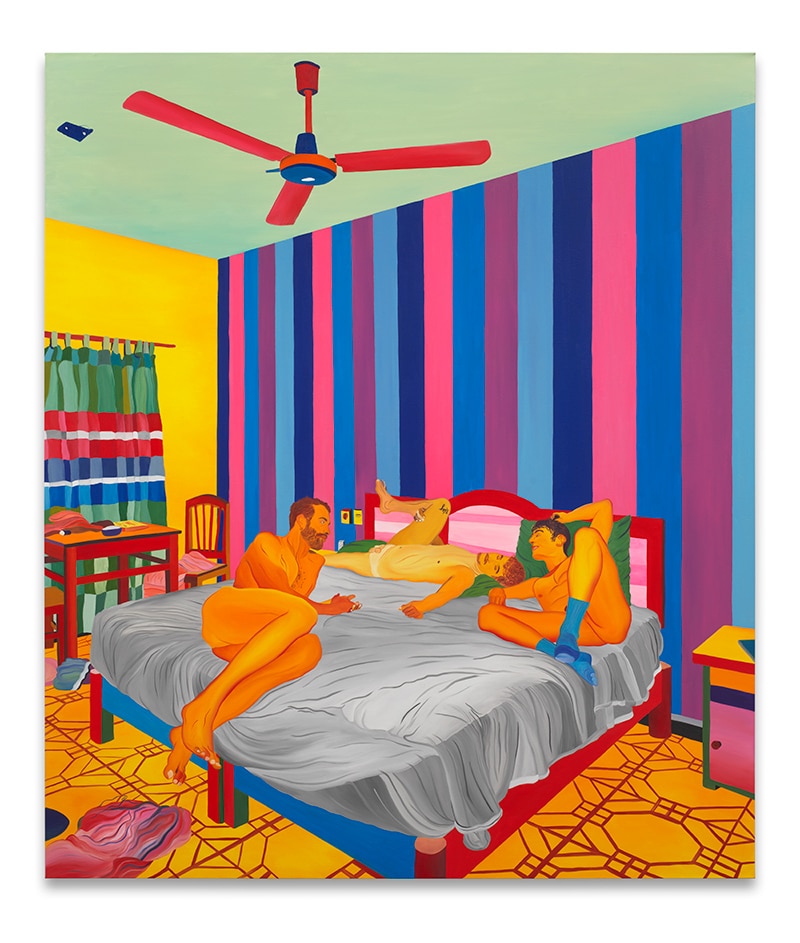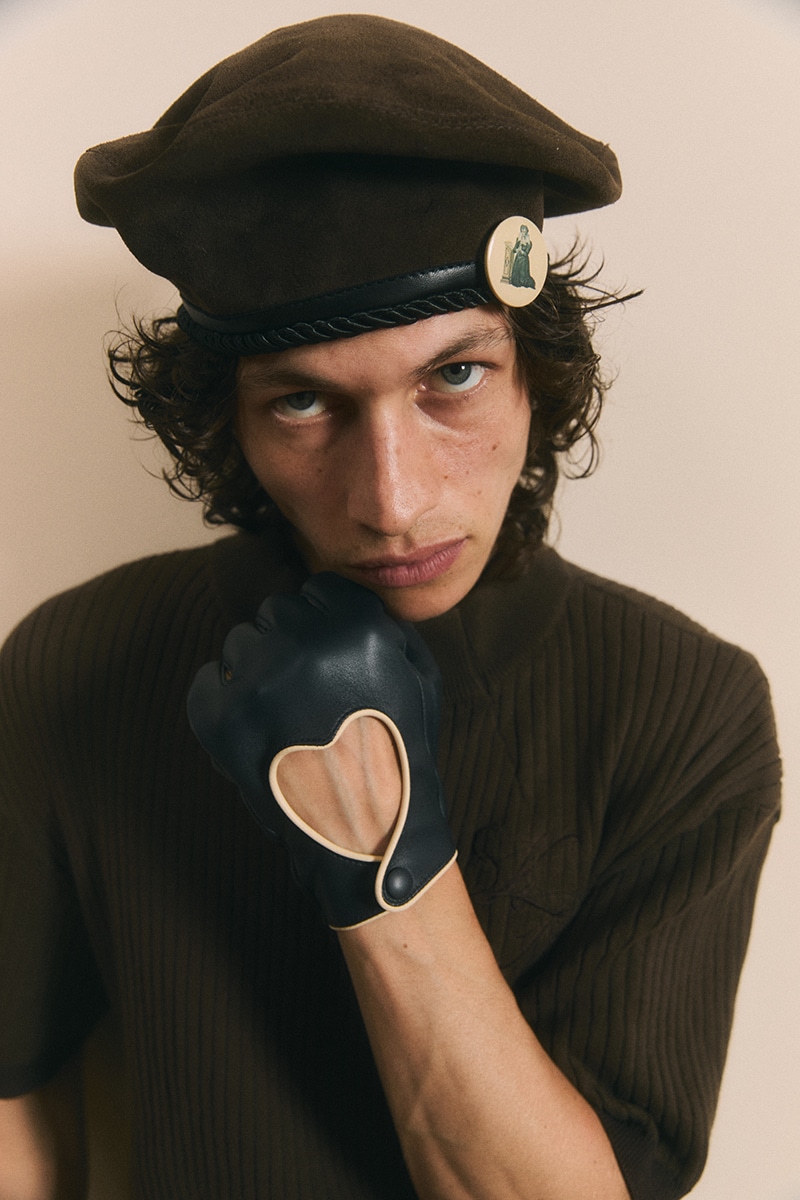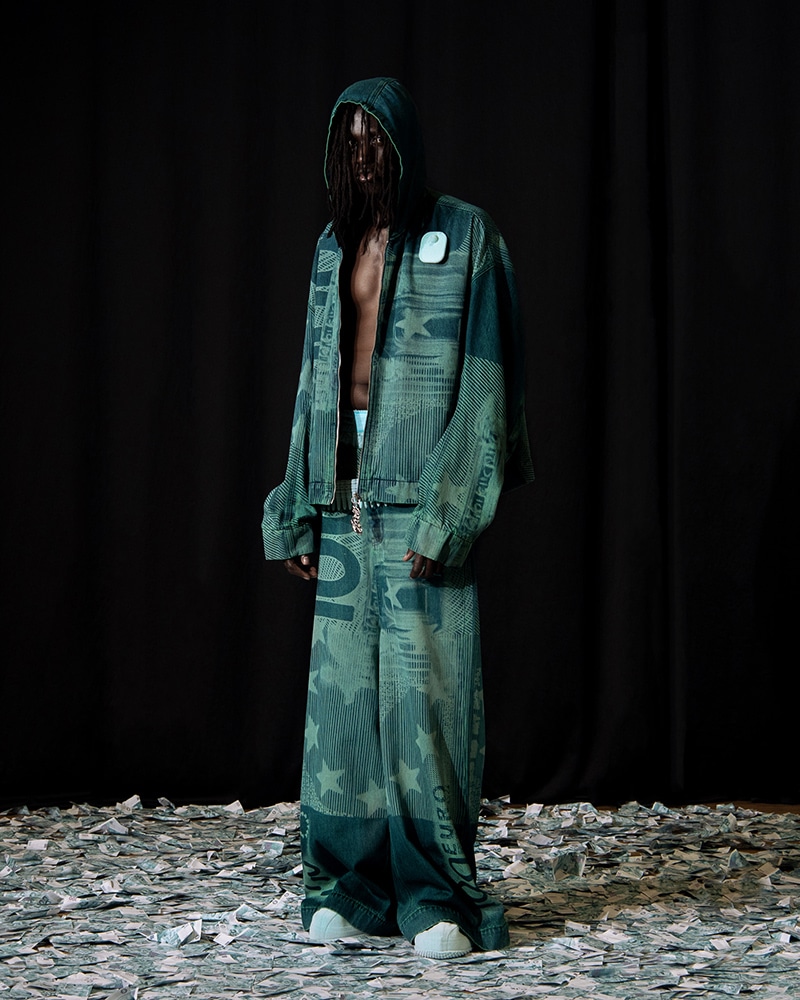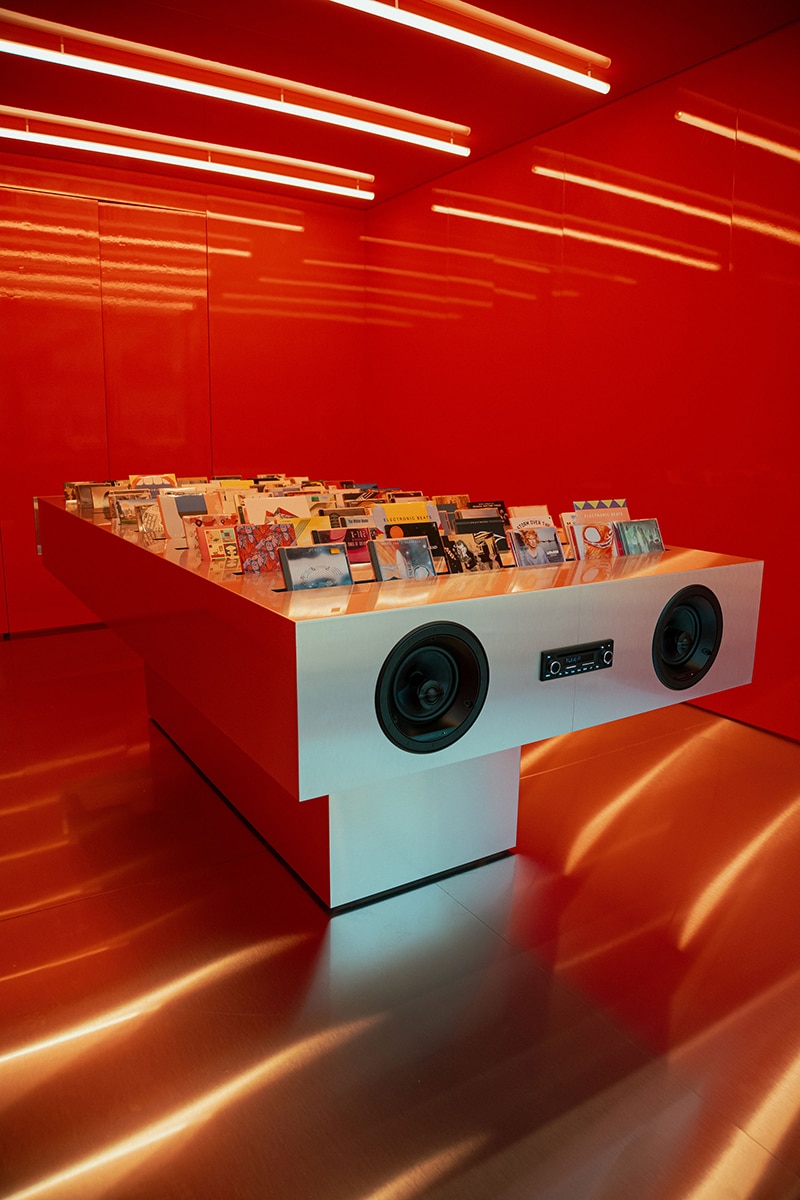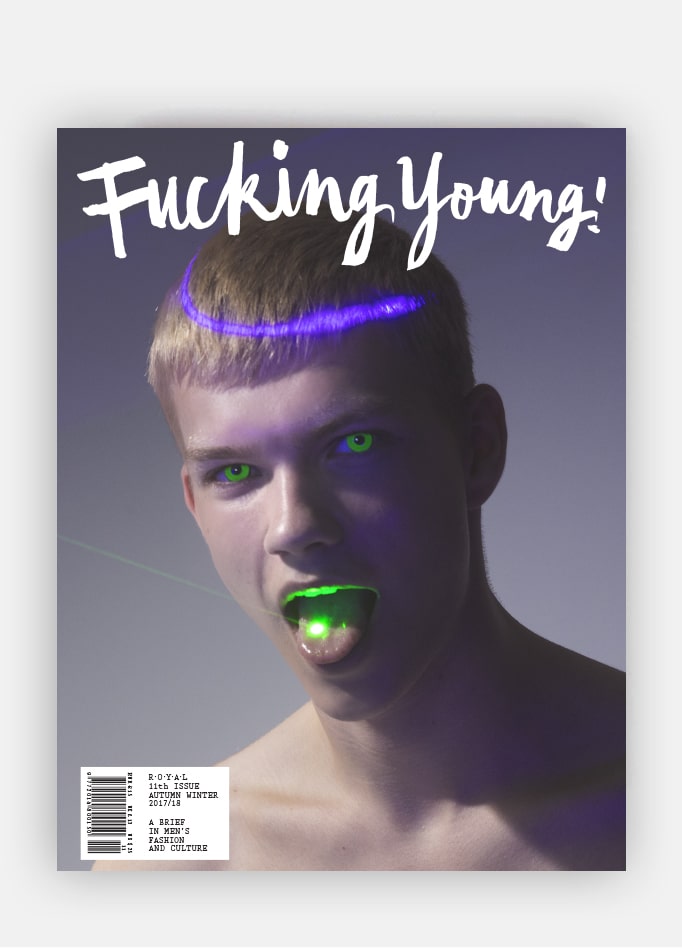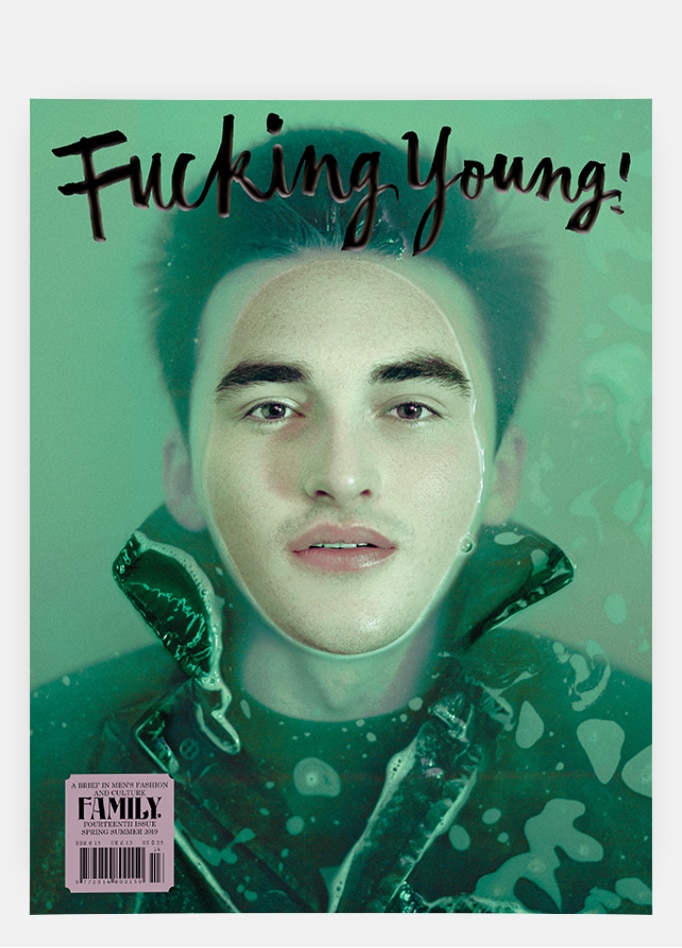SEP Unveil New Campaign: Linens and Keffiyeh Scarves Hand Embroidered by Refugee Artists.
by Adriano Batista
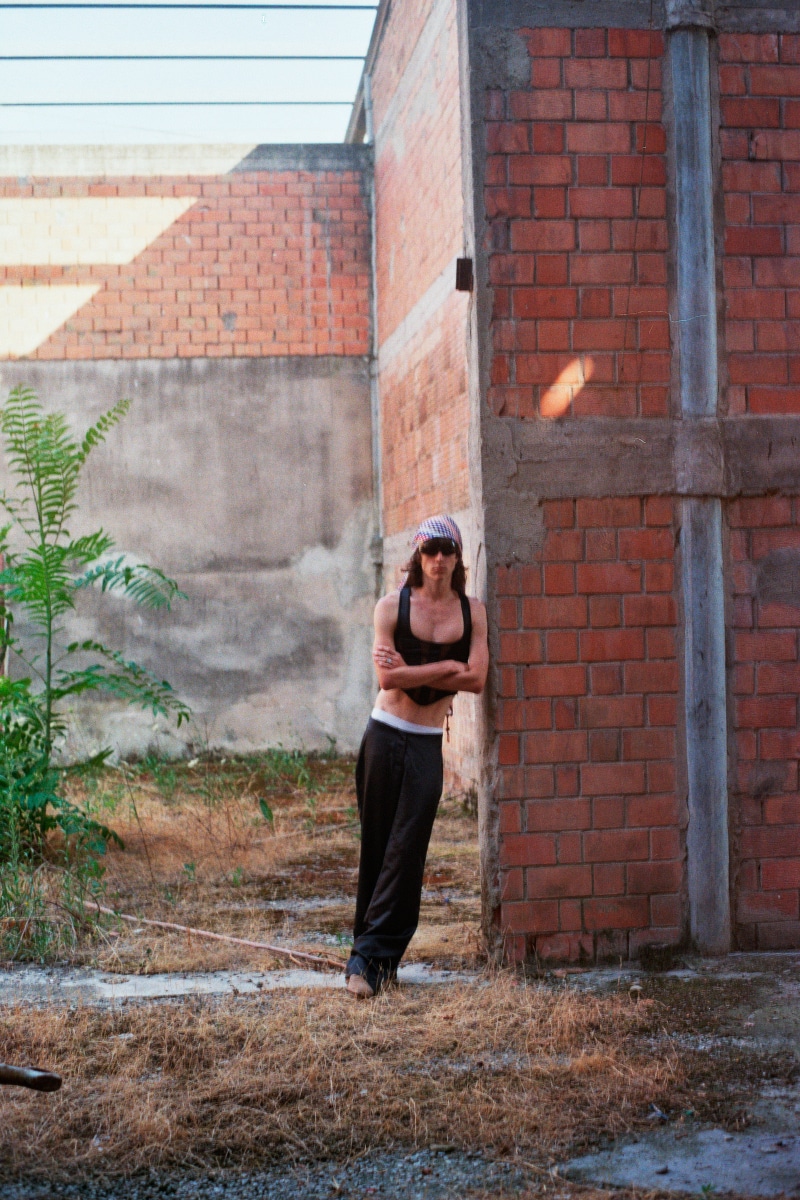
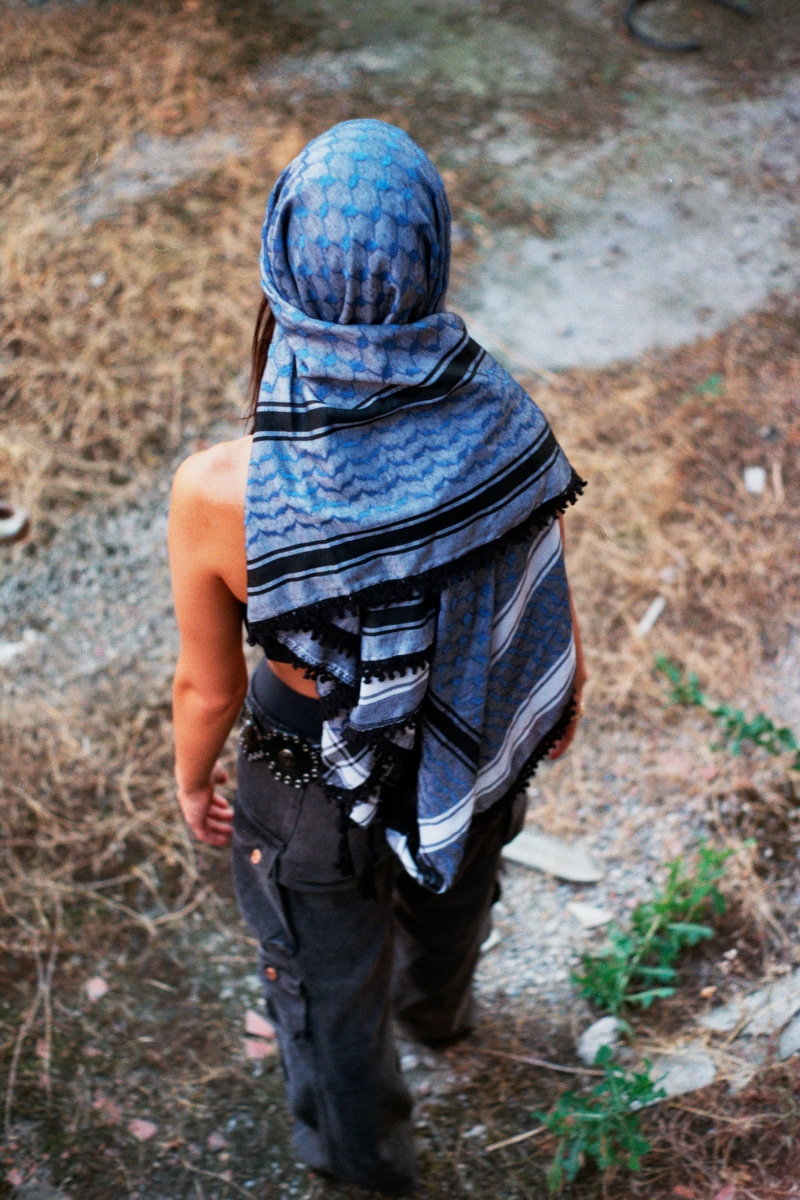
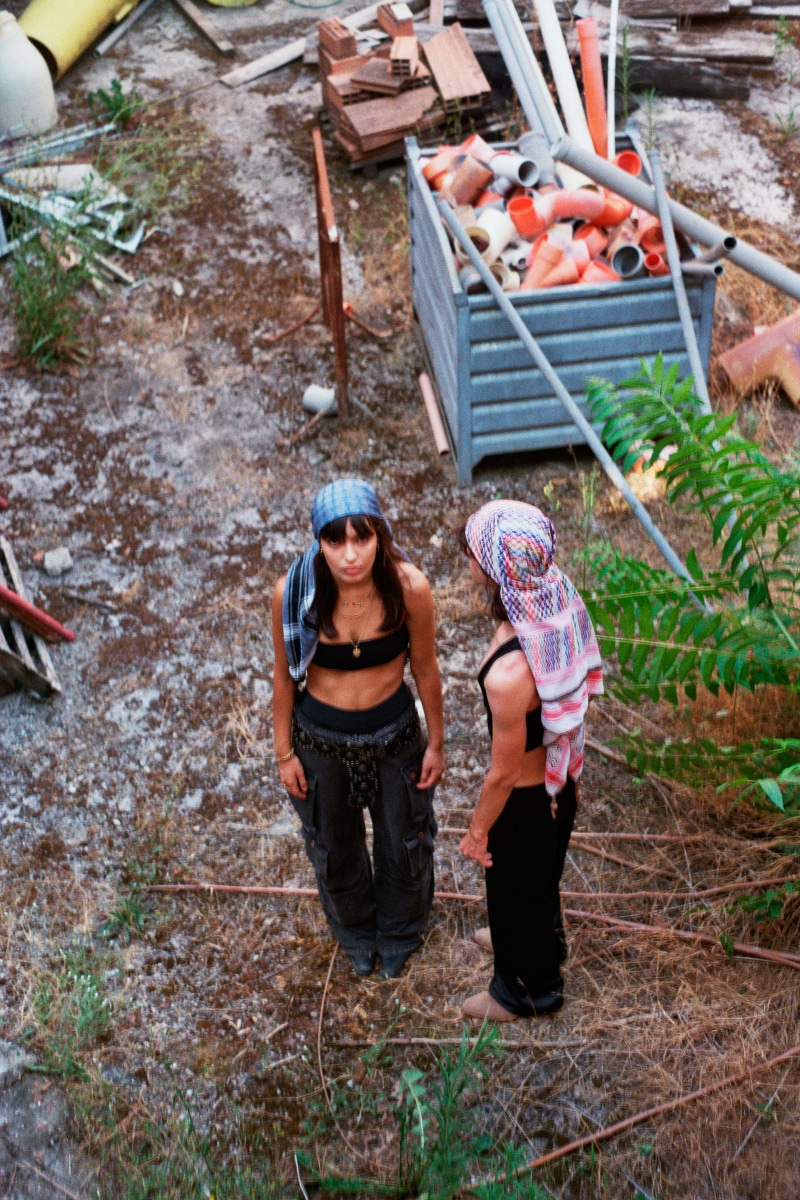
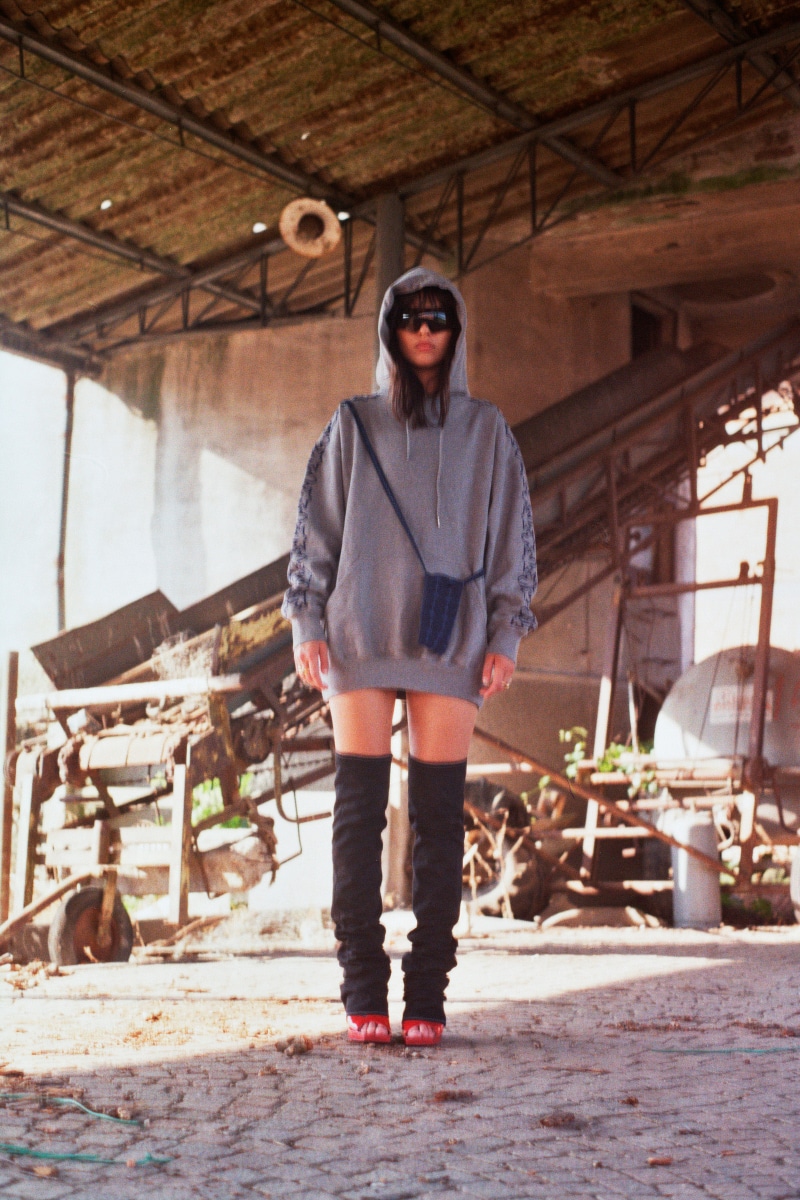
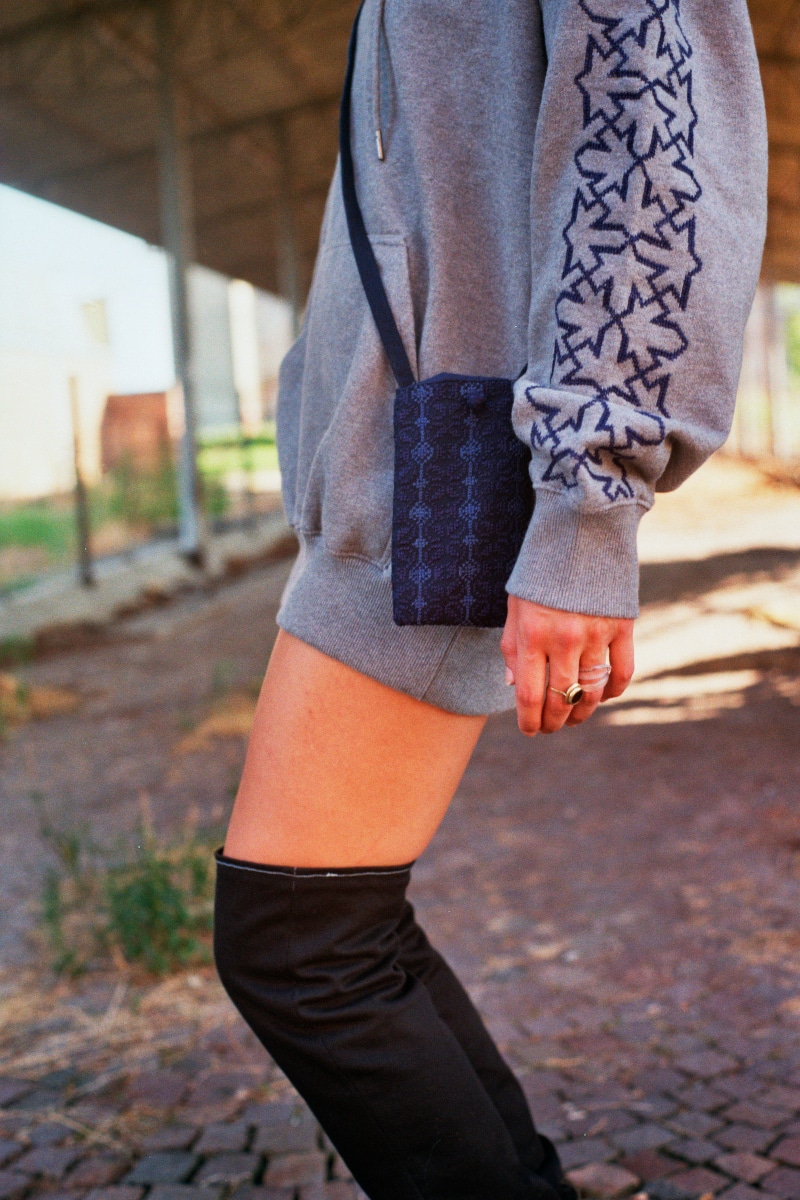
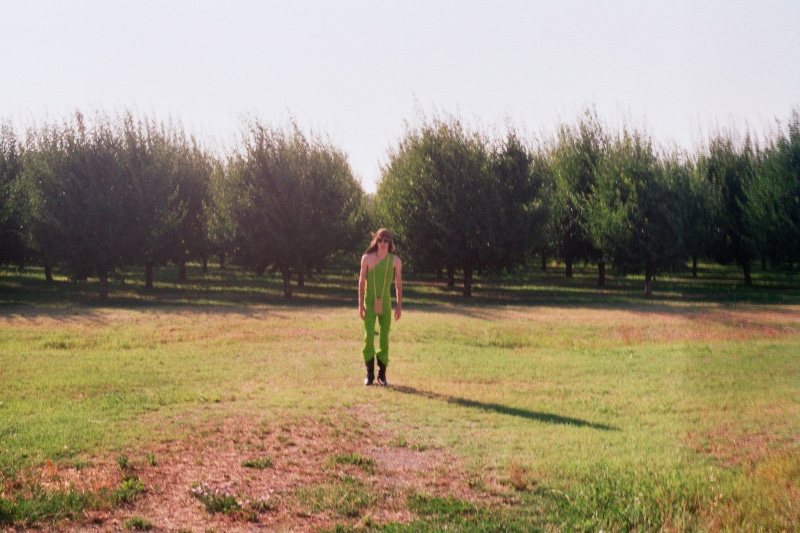
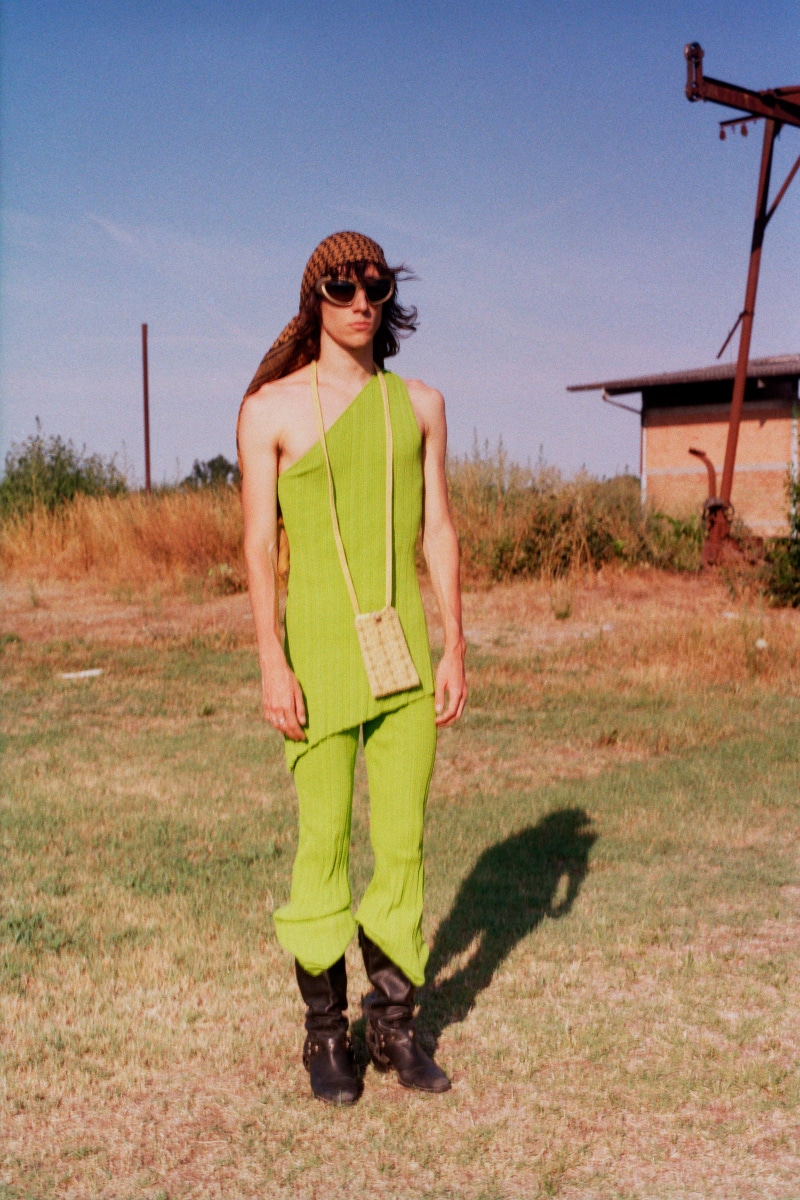
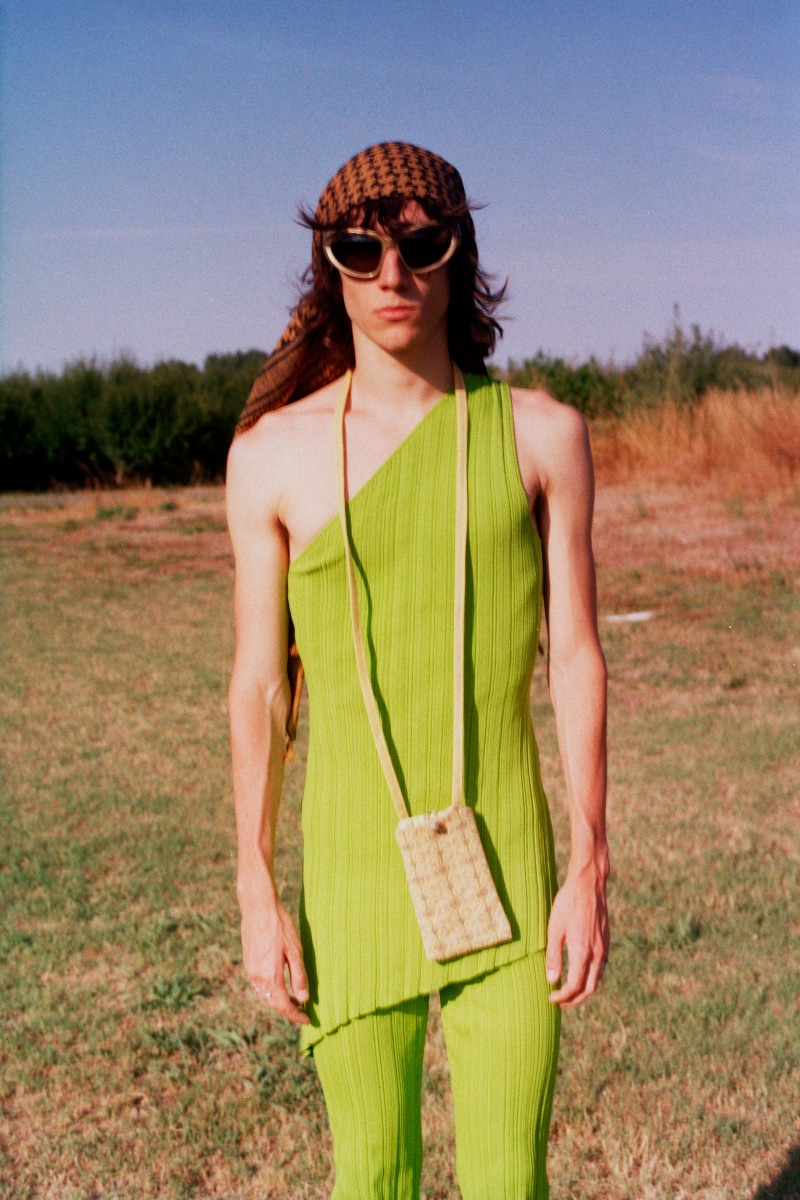
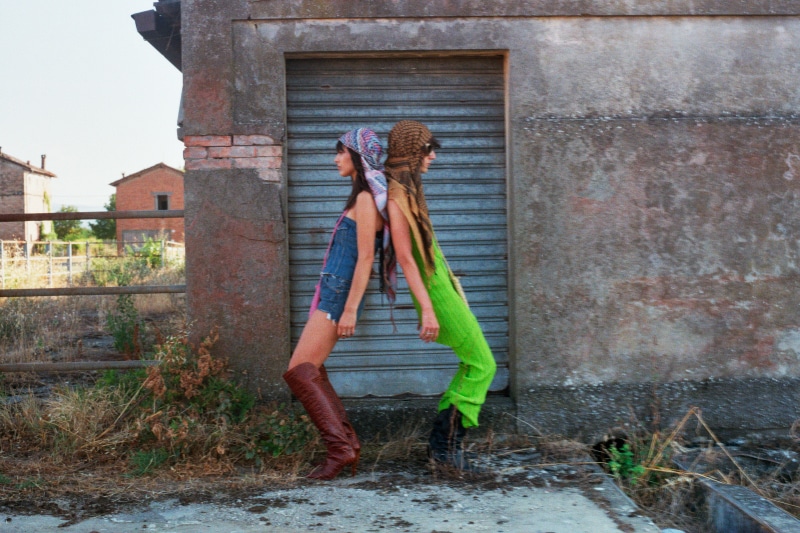
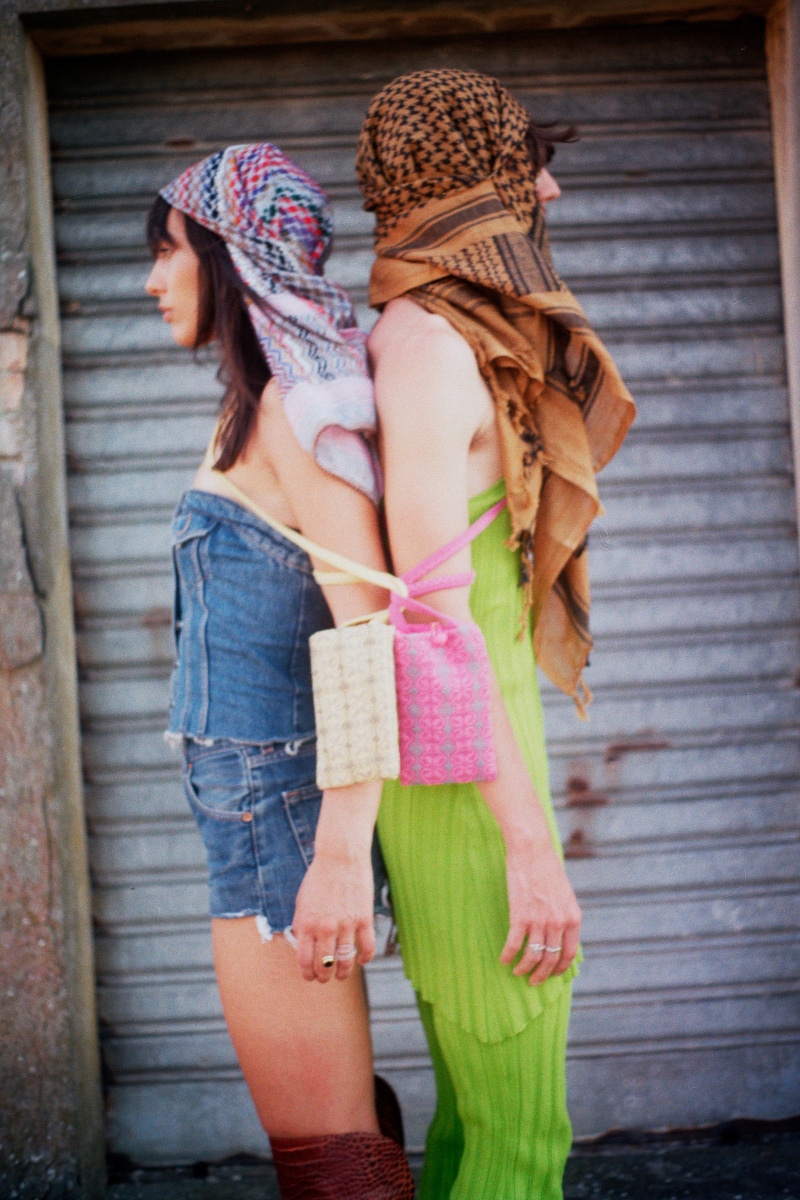
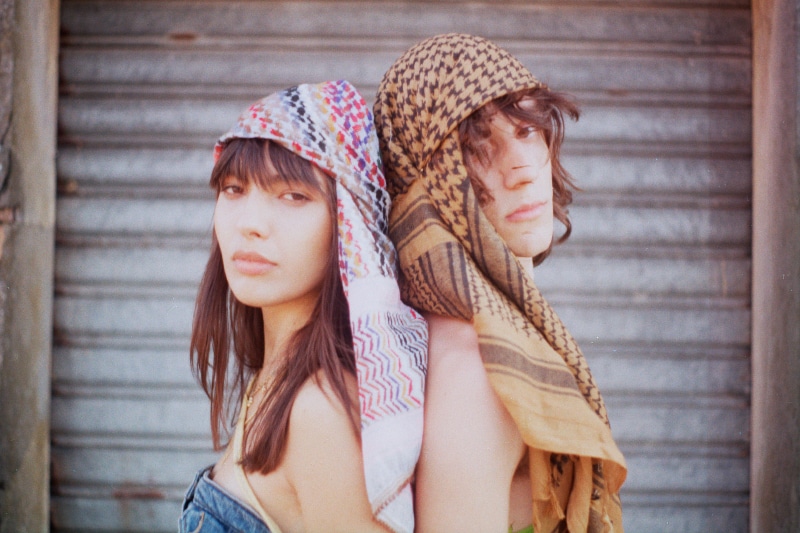
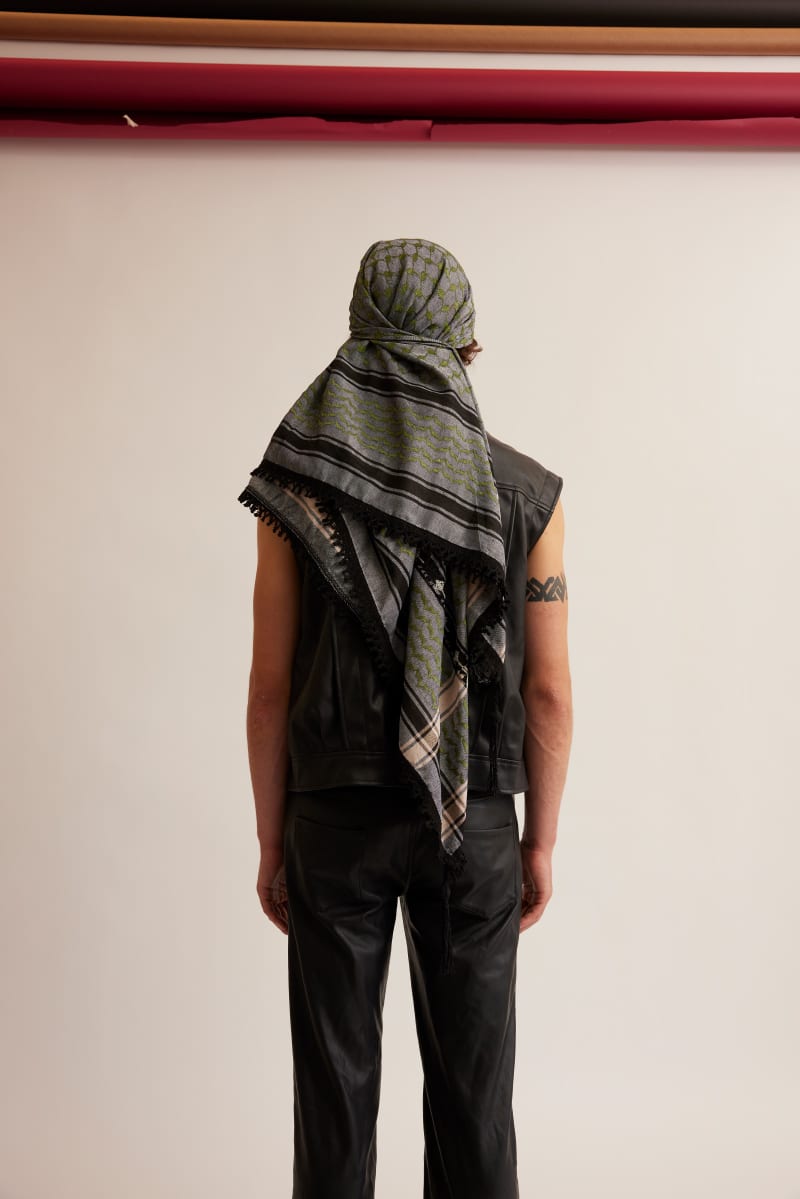
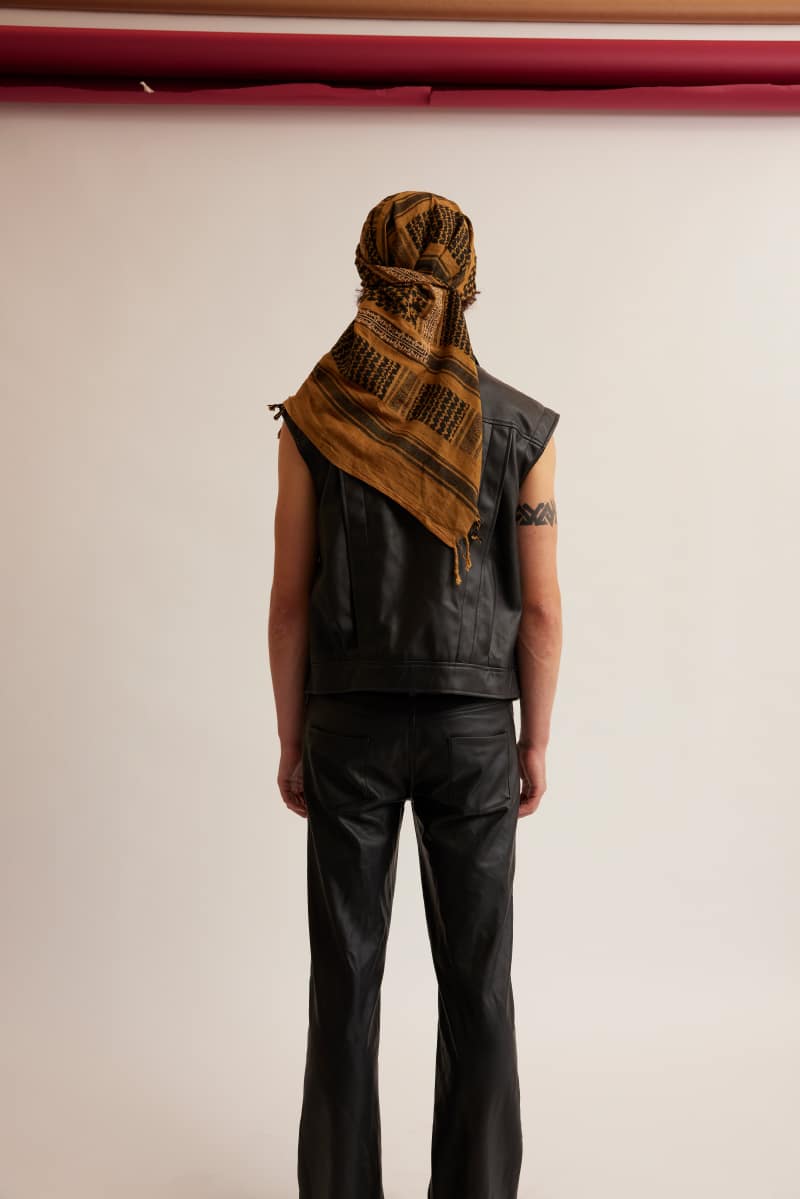
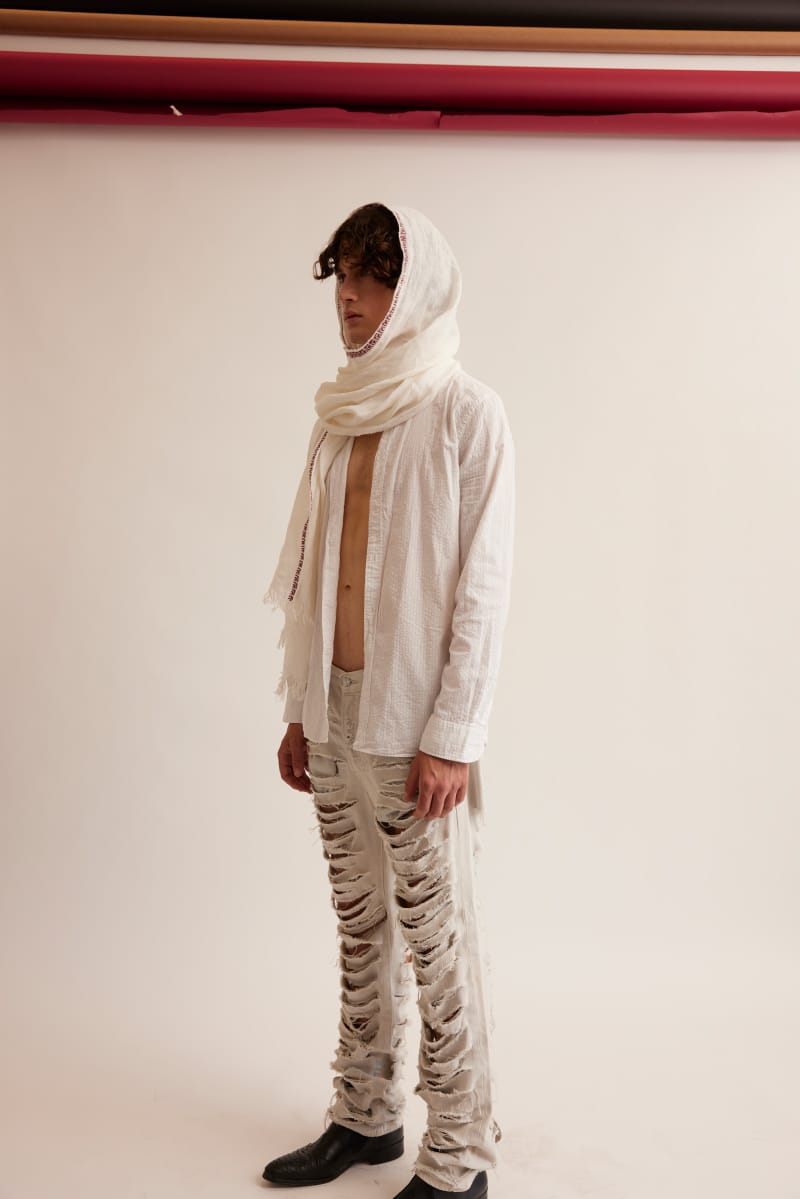
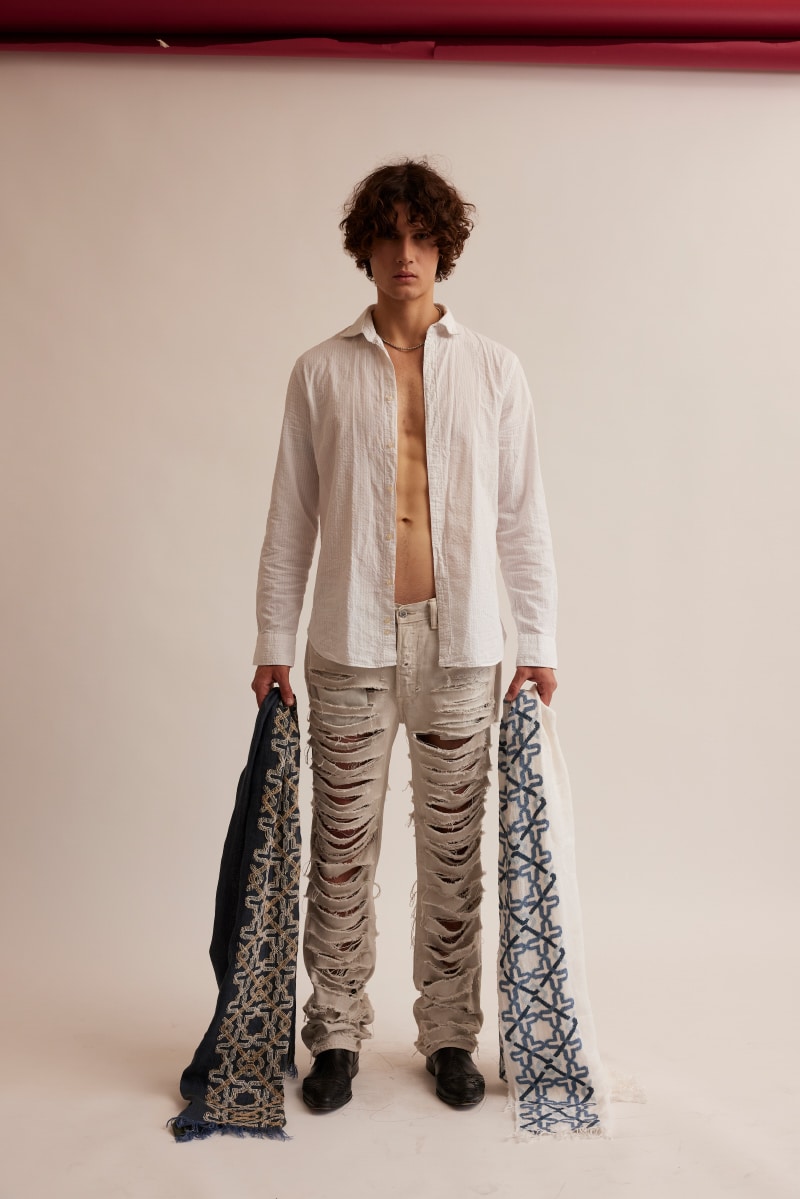
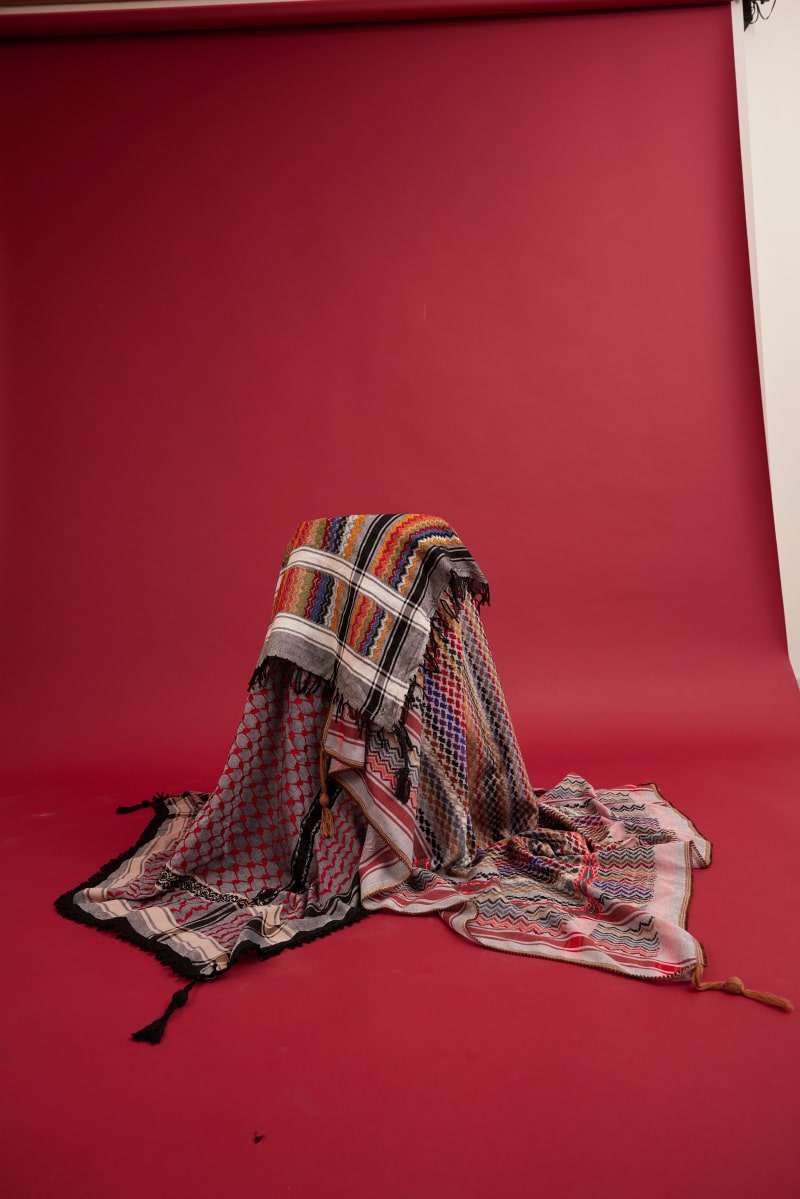
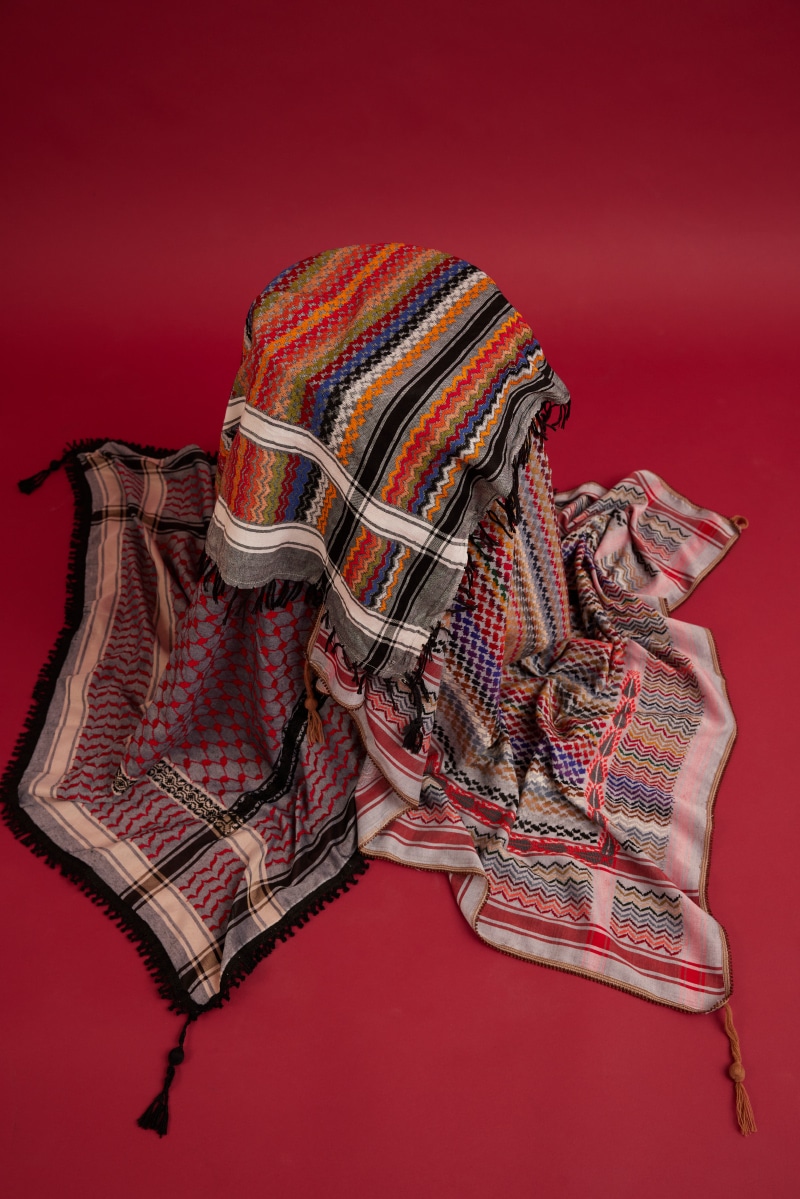
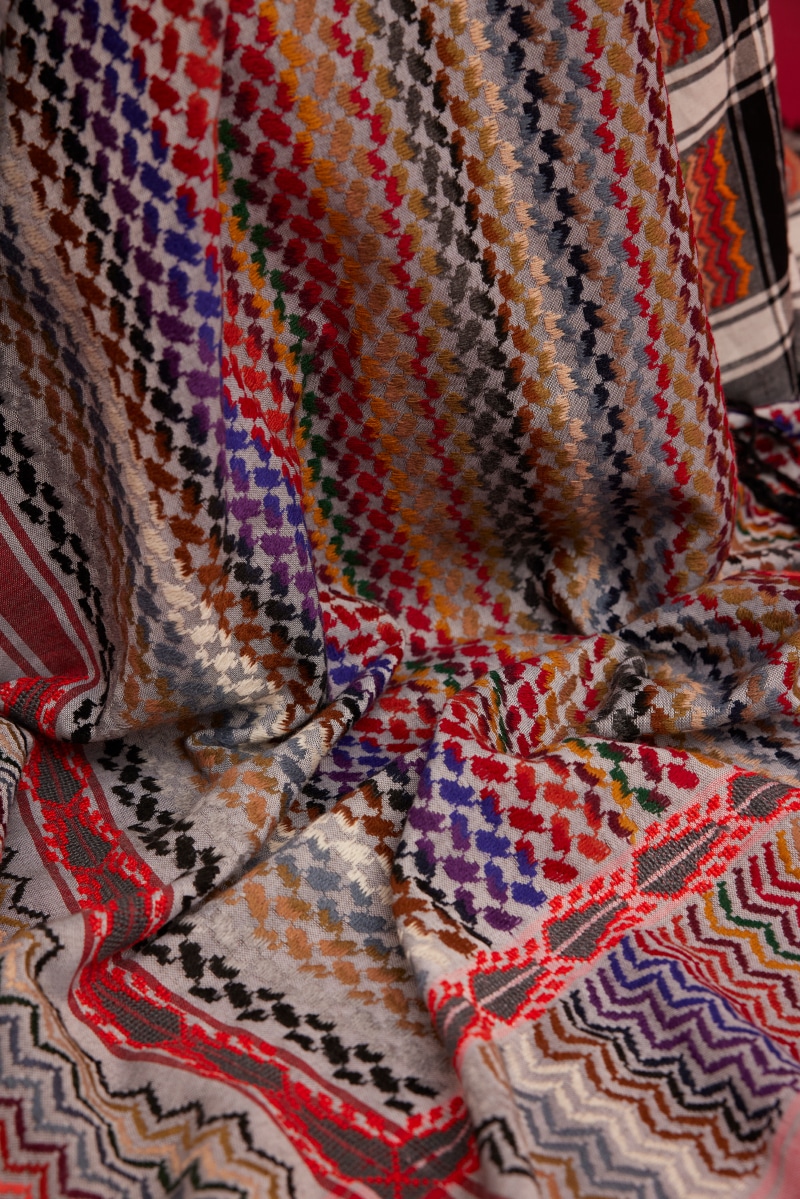
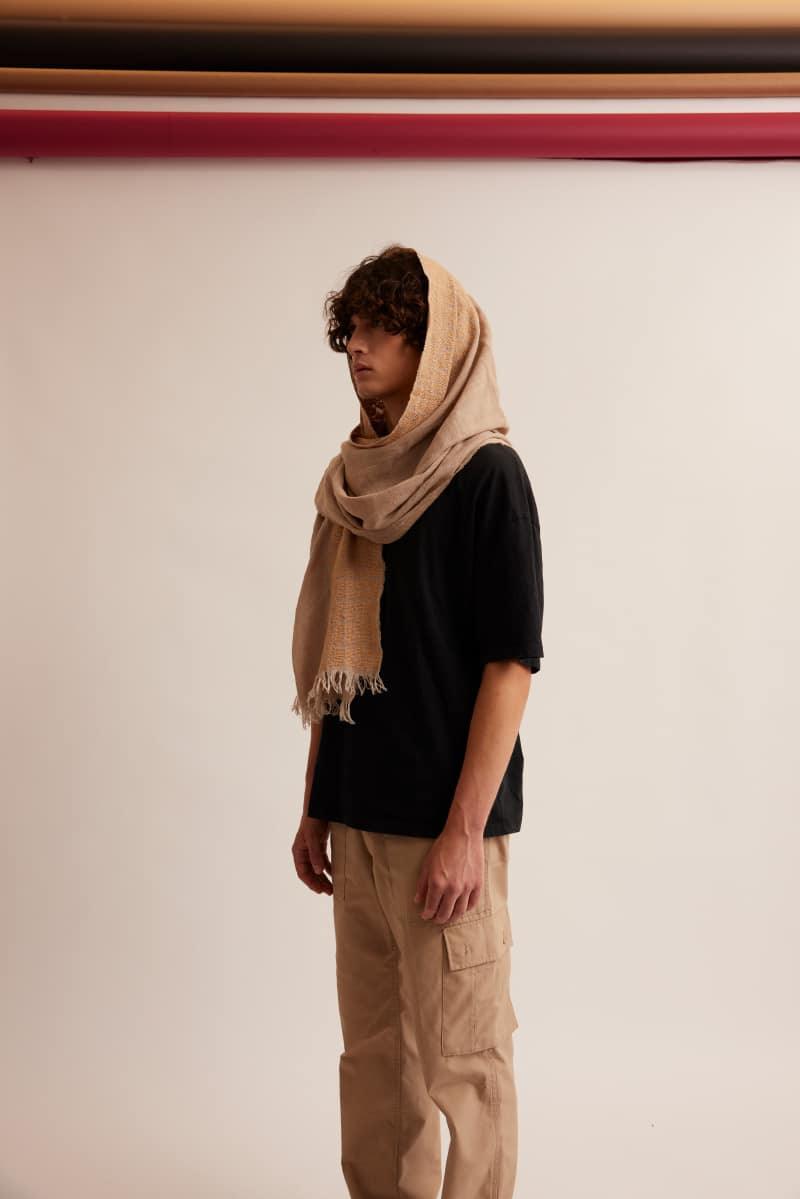
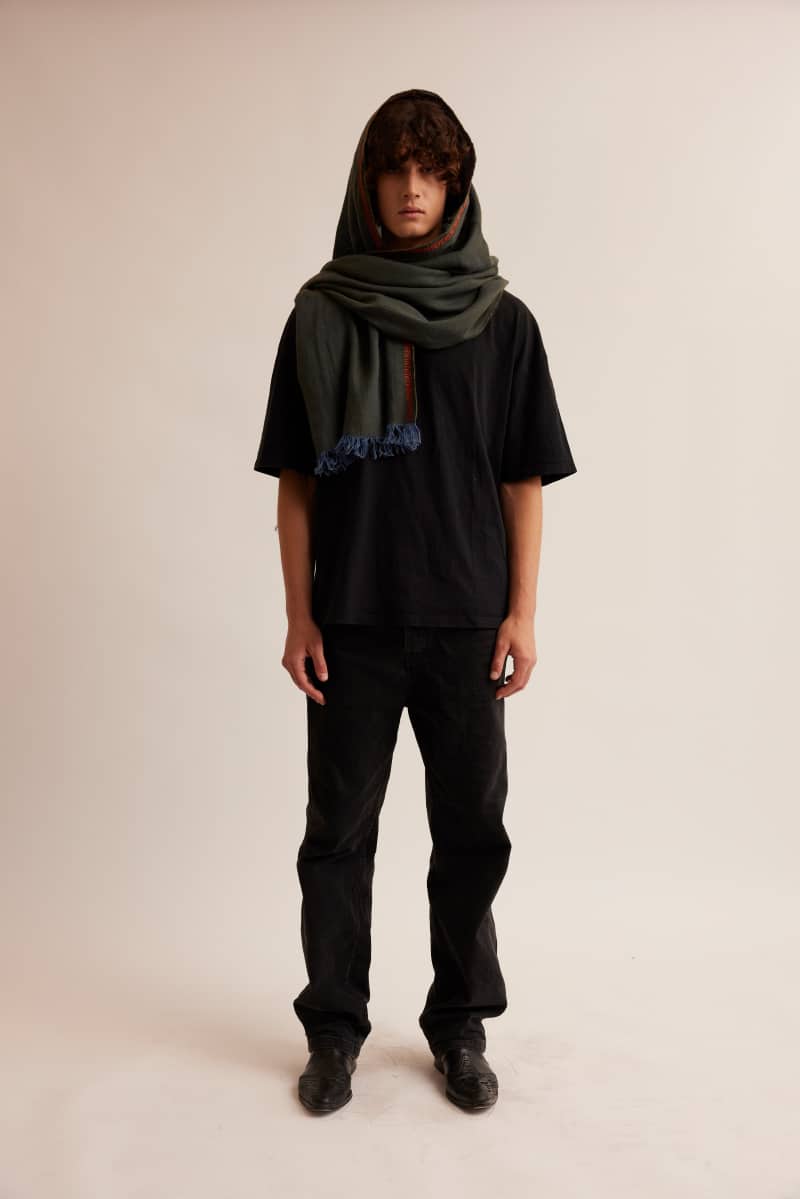
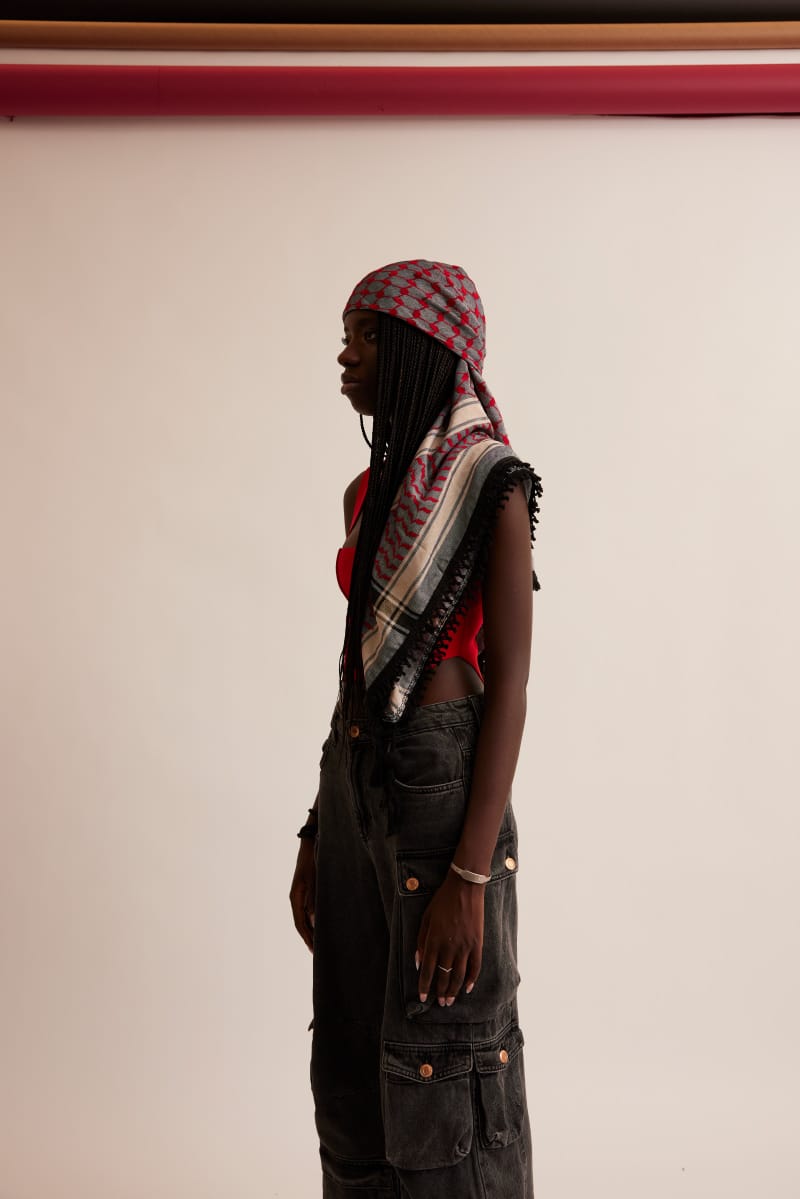
SEP Jordan was founded in 2013 with a positive social impact objective. It was the first Jordanian private company to set up in the Jerash ‘Gaza’ Camp in Jordan. Their core business is hand-embroidery, employing over 500 refugees in the camp. The camp is found in the North of Jordan and opened in 1968, hosting four generations of refugees. Although the authorities stopped counting years ago, there would be around 50,000 residents living there, in which more than half are under the age of eighteen and most live under the poverty line.
In Jordanian culture, embroidery is a tradition that is passed on from mother to daughter. Still, a two-month training course is compulsory to get hired by SEP in which the skills of the women are brought back to the level of that in the 1800s – ensuring that all the artists they work with are at the highest level of international standards. The training takes place at the SEP-Tamari Foundation Academy at the camp, founded in 2015. Before 1967, refugees moving to Jordan would be granted Jordanian nationality. When the government realized that by doing so would mean that there would be more ‘non-Jordanians’ than Jordanians, they stopped. Being a refugee in Jordan has many limitations, the most notable being that refugees can’t take advantage of the government sector. Public schools are not available to refugees, forcing them to either attend United Nations’ schools or, if financially able, attend a private school. Refugees are educationally handicapped because high schools supported by the UN don’t supply them with the required years to then be able to move on to university. Jobs are also limited. Refugees can not work in the government sector and aren’t granted government health care. One’s status does mean a lot in countries like Jordan and not much can be done about it. A stable income can offset many issues though, which come with a refugee status – although it still means living in the camp, workers can live in homes and provide their family with a higher standard of living.
Founder and CEO of SEP Jordan, Roberta Ventura says: ”Unlike other brands which are trying to adapt to sustainability goals and trends, we were created with a specific mission to bring thousands of refugees above the poverty line” As of 2020, SEP Jordan is a Certified B Corporation, certifying that they put purpose over profit. “The vision is that the consumer becomes aware of the impact, whether environmental or social, of their purchases“, explained Ventura. “A company like ours, which has a social impact mission at its core, is likely to be addressing the new and growing needs of more and more consumers“.One of the aims of SEP is to steer clear from aid. The best way to do this is by recognizing the refugees as artists rather than recipients of aid.”After more than 50 years of existence, the refugees who live in this camp, like in any other camp, tend to become addicted to aid – they depend on it”, said Ventura. ”They find it harder and harder to find a job because they don’t know how to write a curriculum or even know how to deal with working hours. It becomes the default choice among different generations, to go to the NGOs and ask for blankets, food, donations and more. This mirrors begging and by not doing anything about it, we are implicitly accomplices in turning millions of people into beggars. There are over 80 million refugees and if no one is willing to work with them, then we are about to see 80 million people become beggars for life. It is humiliating and wrong“. Employing the refugees, rather than supplying them with constant aid, helps them to grow as people and collecting a continuous stream of income for themselves and their family.
Styling: Miriam Iacopino
Photography: Lorenzo Sampaolesi
Bershka allies with creative space RAL7000STUDIO
Hélas Fall 2022
actual
SEP Unveil New Campaign: Linens and Keffiyeh Scarves Hand Embroidered by Refugee Artists.
previous
Bershka allies with creative space RAL7000STUDIO
next
Hélas Fall 2022
Daniel Solano captured by the lens of Arthur Coelho and styled by Dana Fracalossi, in exclusive for Fucking Young! Online.
For his second couture show closing Haute Couture Week, Kevin Germanier chose to have fun.
Glass Cypress’s Spring/Summer 2026 collection, The Ones Who Flee, is a meditation on movement, not just physical escape, but the deeper act of resisting what binds us.
For Oakley, it’s been five decades of innovation, turning science into design, and refusing to blend in.
Alan Crocetti’s latest collection, Hard Core Fantasy, is a deeply personal exploration of identity, desire, and self-protection through jewelry.
Francisco Terra’s 15th-anniversary collection for Maldito is a midnight ride through memory, a fever dream of teenage longing stitched into lace and rhinestones.
LARUICCI’s Spring/Summer 2026 collection bottles the chaotic charm of early 2000s Hollywood.
PRISMA’s latest collection isn’t about hiding but about what happens when you stop trying to.
HEREU is marking its 10th anniversary with Memory. A Play of Twos, a photobook that captures a decade of creative exchange.
In a time of movement and uncertainty, Estelita Mendonça’s Spring/Summer 2026 collection questions what clothing means when stability feels like a luxury.
We talked with Ziggy Chen to learn more about the thinking behind PRITRIKE, his process and his relationship with materials.
Take a look at C.R.E.O.L.E’s Spring/Summer 2026 backstage, captured by the lens of Spencer Stovell during Paris Fashion Week, in exclusive for Fucking Young!
Glenn Martens’ Maison Margiela Artisanal collection doesn’t just borrow from history, but it fractures it, reassembles it, and wears it like a second skin.
This weekend, Eastpak reminded us that backpacks aren’t just carriers of belongings – they’re carriers of stories, creativity, and identity
For Spring/Summer 2026, A. A. Spectrum finds inspiration in quiet moments, the natural ease of creativity, and the unforced beauty of renewal.
For Spring/Summer 2026, AV Vattev’s Bohème collection takes its cues from two iconic worlds: the effortless cool of French New Wave cinema and the raw energy of British music subcultures.
Concrete Husband talks about turning psychological collapse into industrial soundscapes, confronting darkness on Berghain’s dancefloor, and why dark techno is, above all, sexy.
Maciej Poplonyk photographed by Arthur Iskandarov and styled by Egor Telenchenko, in exclusive for Fucking Young! Online.
Titled “YOU DO NOT BELONG HERE,” the visuals strip away ambiguity, trading fantasy for sharp, cinematic storytelling.
We met Yoon Ambush – Co-founder and Creative Director of AMBUSH – in Paris during Men’s Fashion Week.
Les Benjamins has turned its attention to the tennis court with a new collection that mixes sport and style.
GUESS JEANS has officially arrived in Tokyo, opening its first Asian flagship store in the heart of the city’s fashion district.
WHOLE is a pilgrimage for the global queer community, a temporary world where joy, radical acceptance, and self-expression reign supreme.
Alexis Otero captured by the lens of Lucas Lei, in exclusive for Fucking Young! Online.
Levi’s® is celebrating Oasis’ long-awaited reunion with a new collection that combines the band’s iconic style with classic denim.
There’s no bitterness in the heartbreak here, just the sense that longing isn’t defeat, but proof you’re alive.
We had the chance to catch up with Ohio-born, Brooklyn-based designer Kody Phillips in his Paris Fashion Week showroom where he unveiled his Spring/Summer 2026 collection.
Dean and Dan doubled down on their love of fashion’s most dramatic moments, remixing 80s power dressing, 90s grunge, and 2000s excess into something entirely their own.
Gerrit Jacob’s latest collection, GAME OVER, isn’t about surviving the wild but about surviving the grind.
Telekom Electronic Beats (TEB) and 032c are turning 25, and they’re celebrating with a capsule collection and an installation by Harry Nuriev. Titled All is Sound.





















